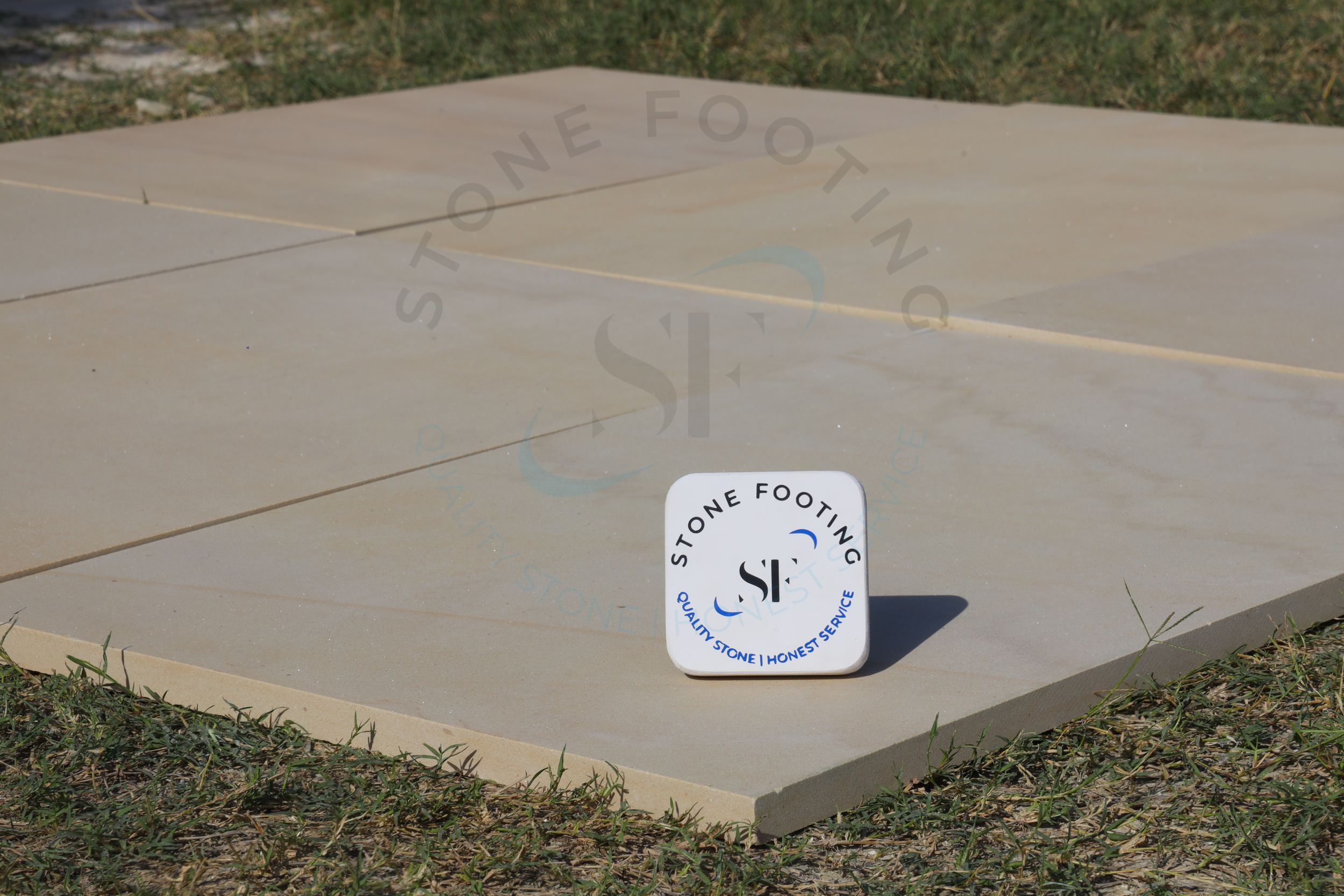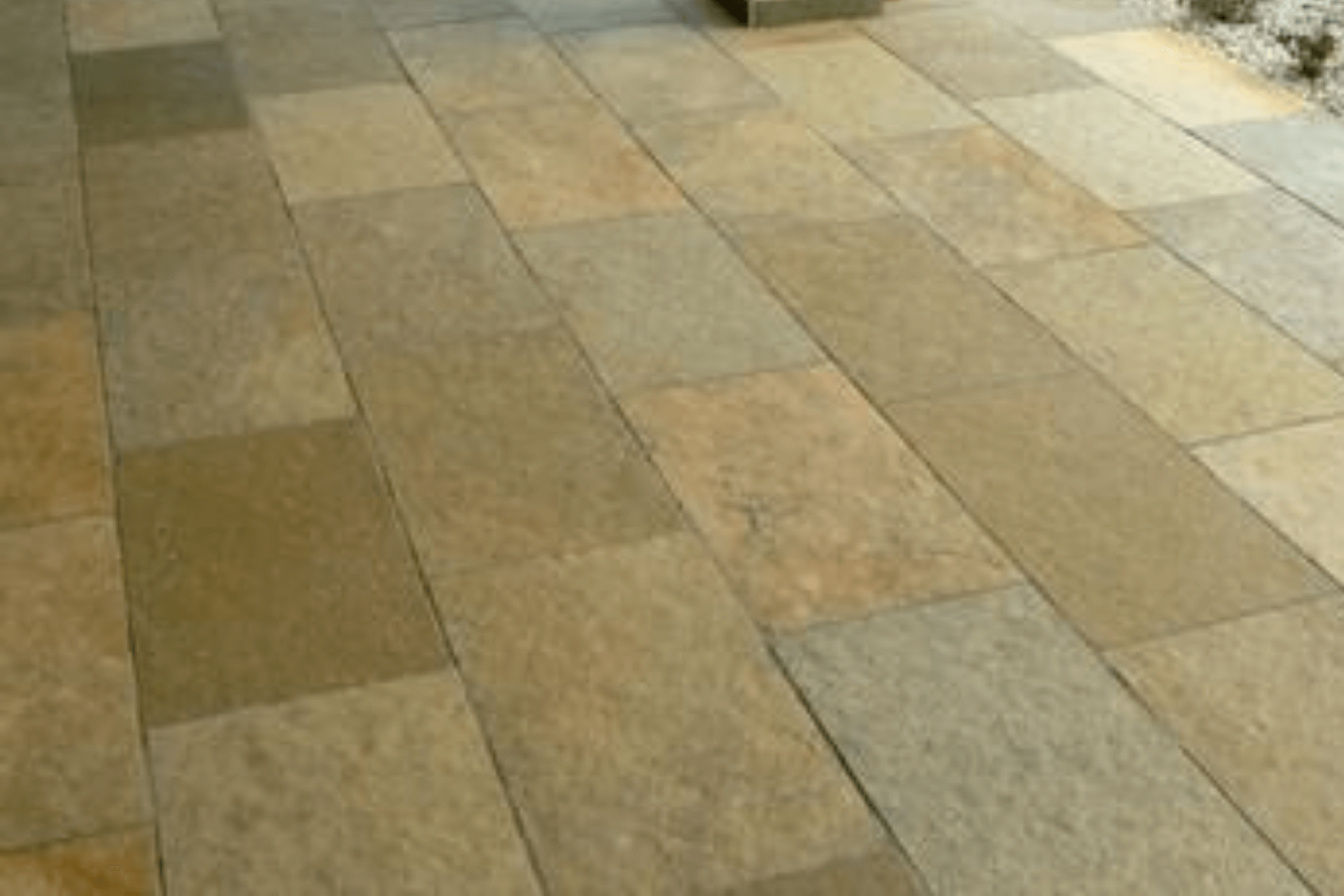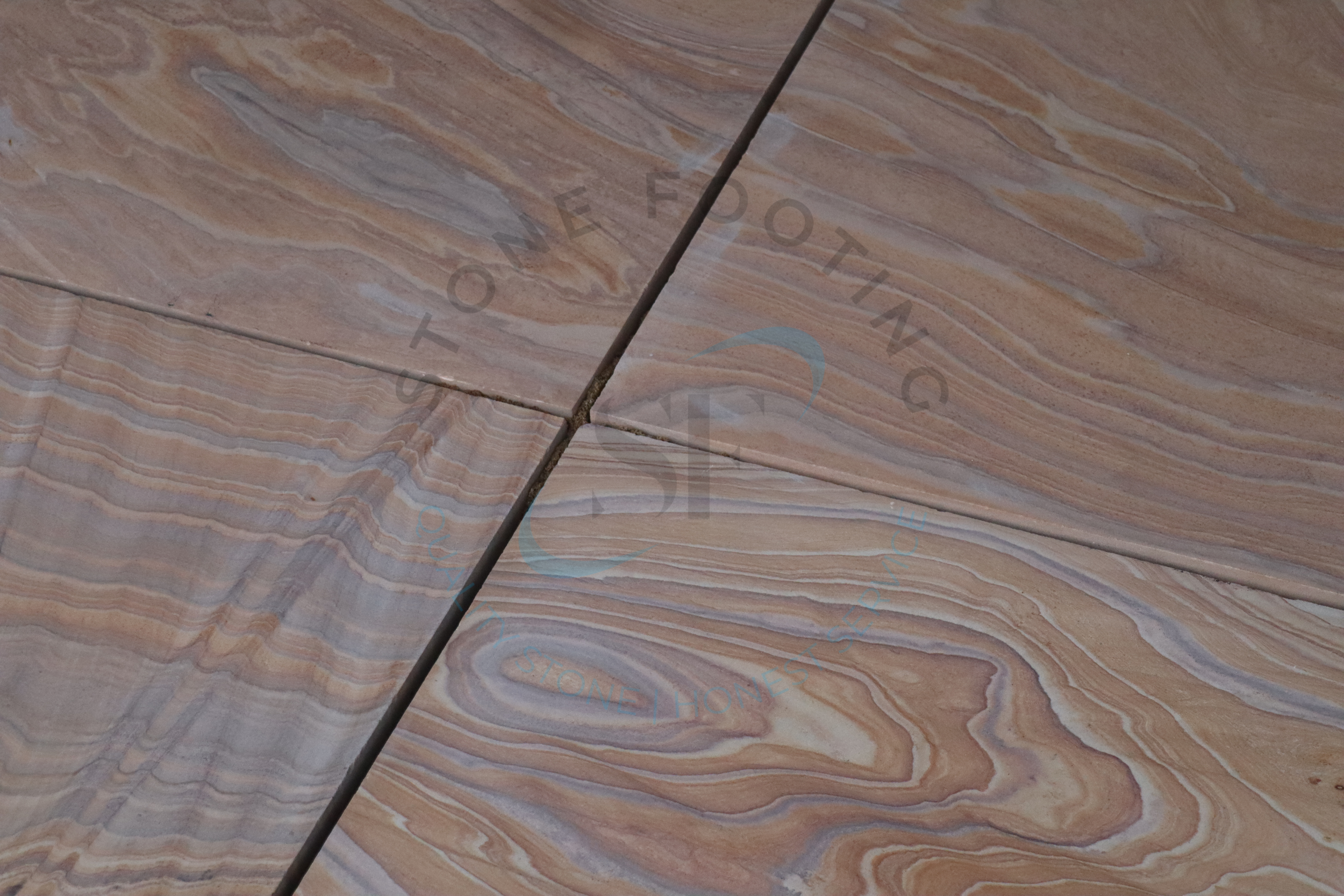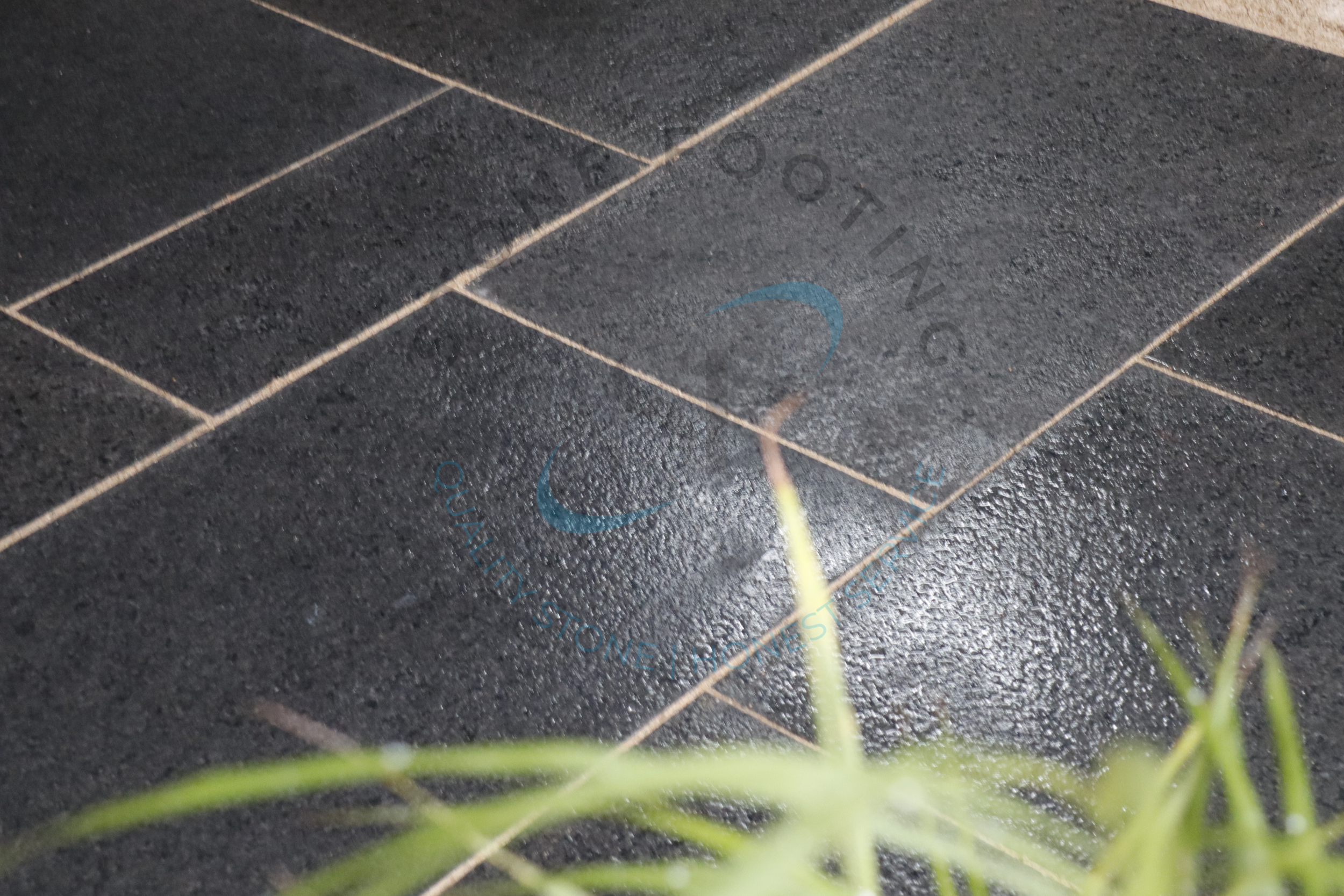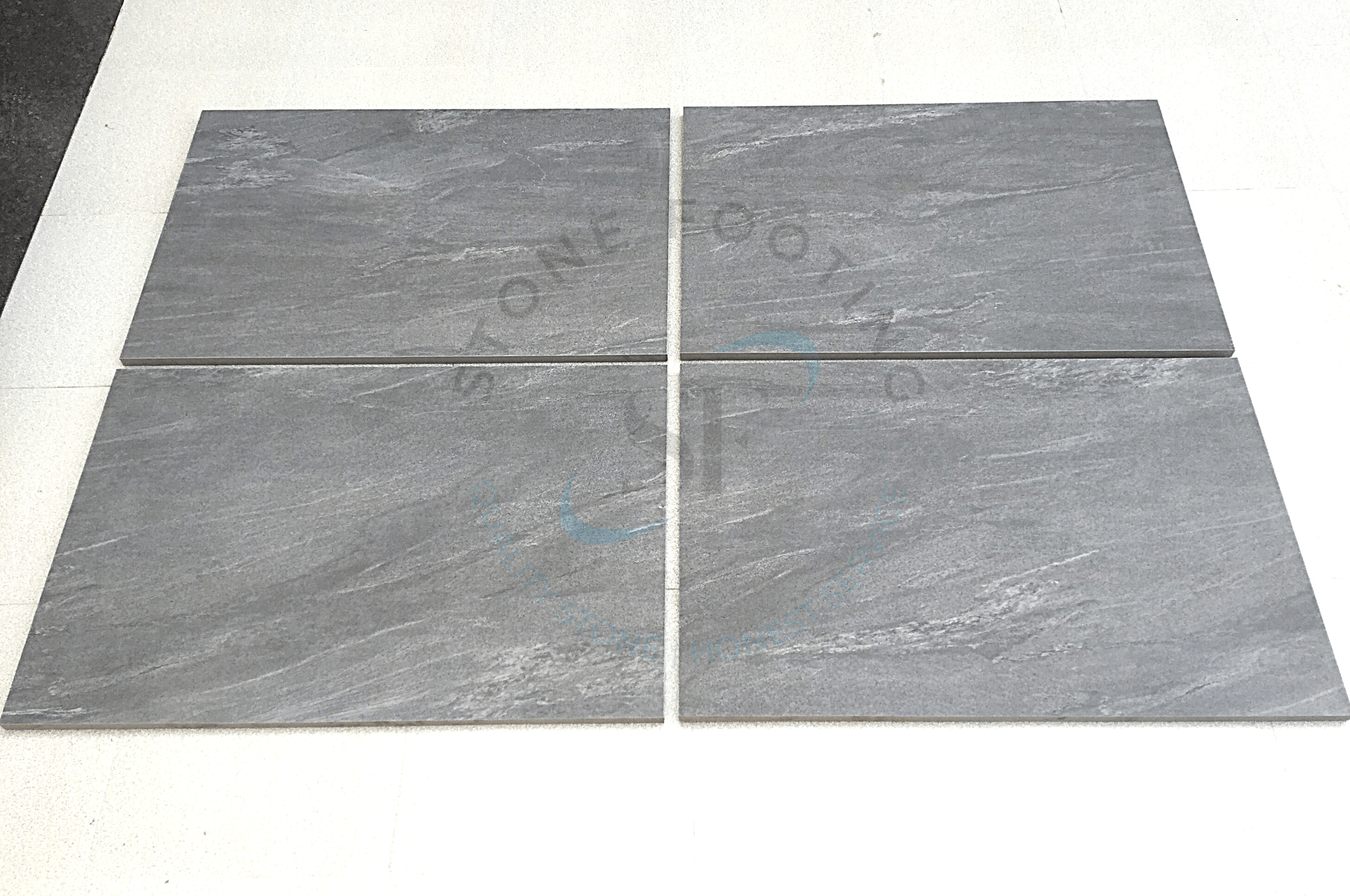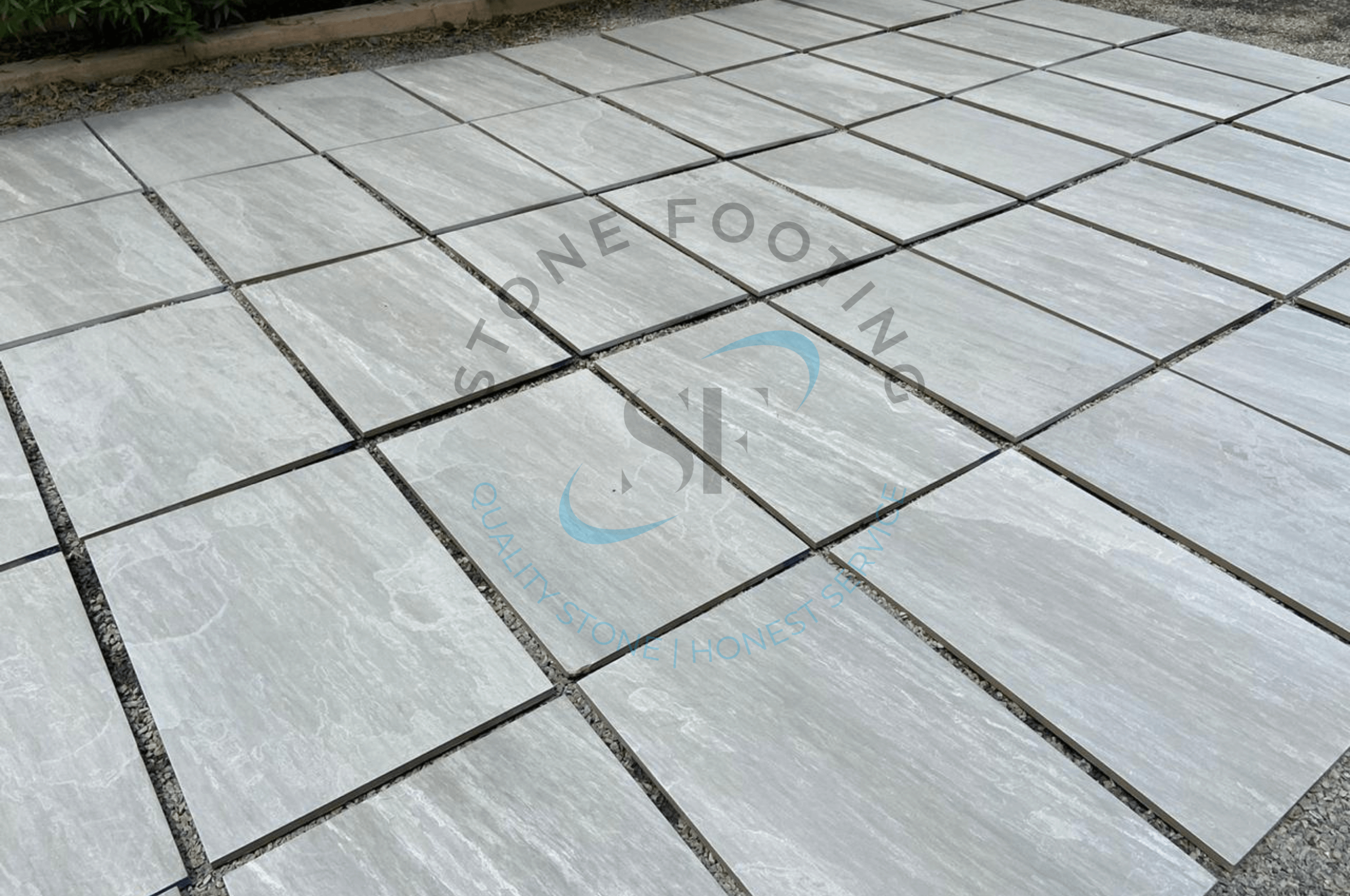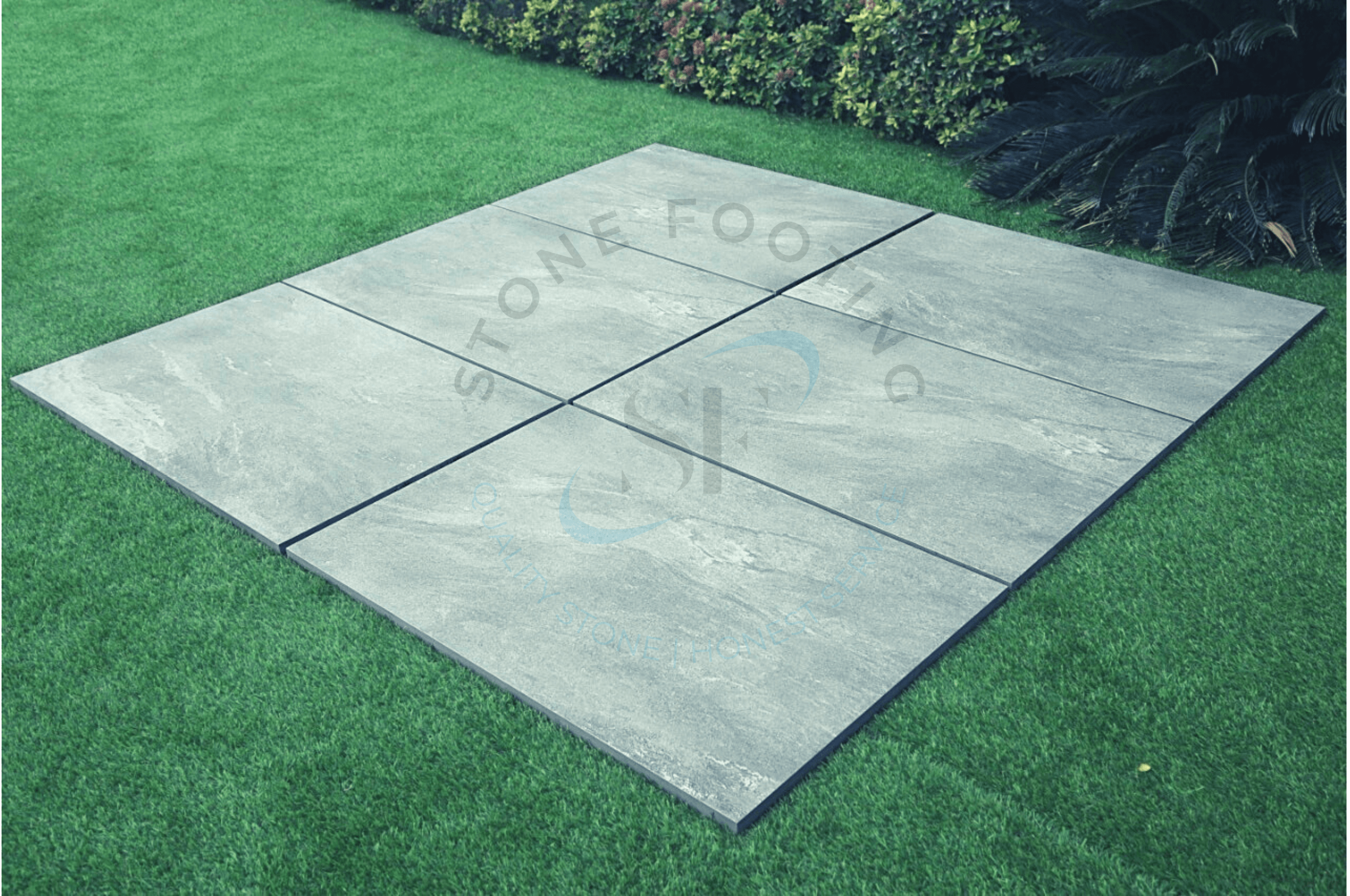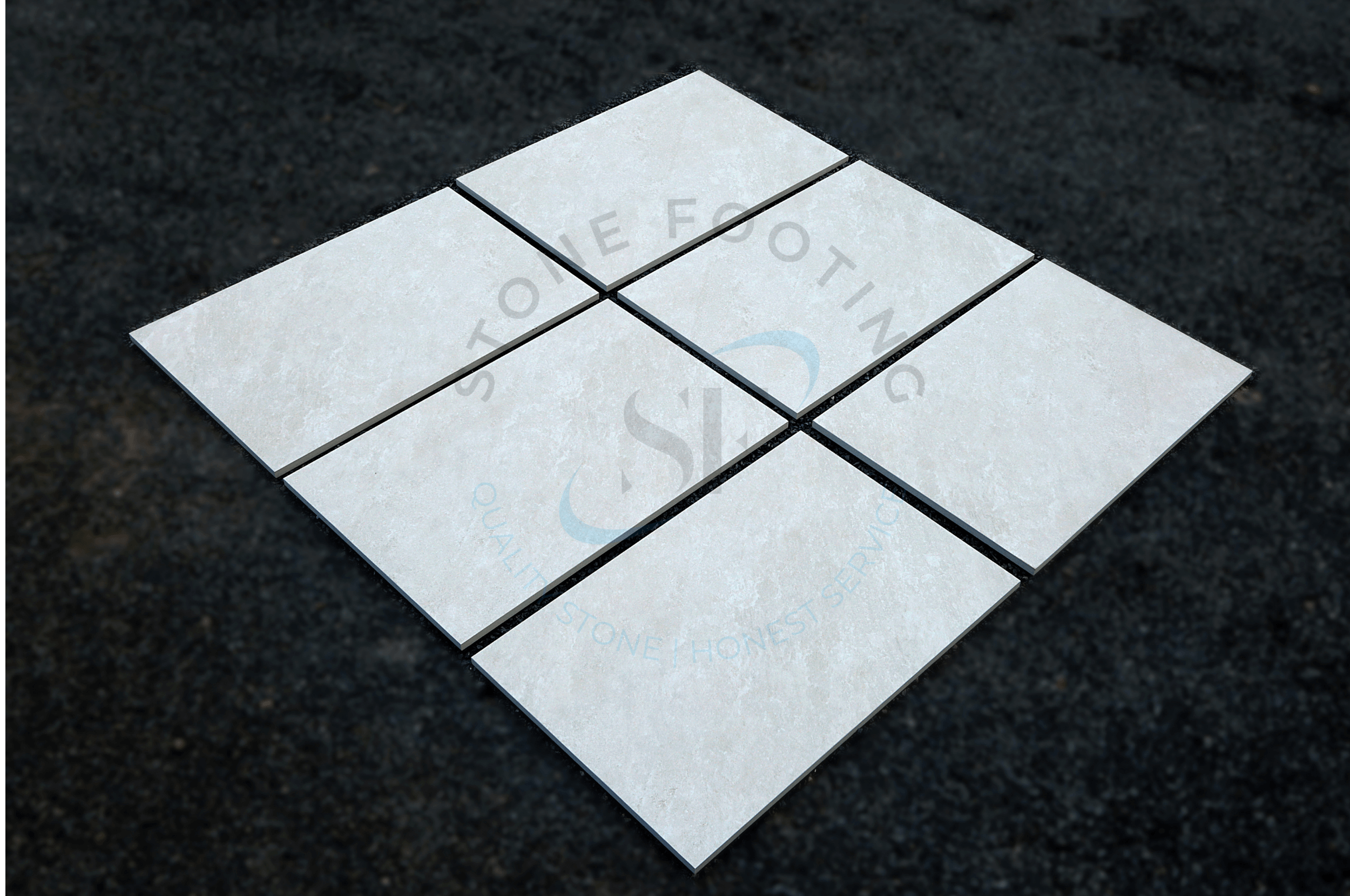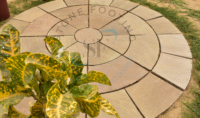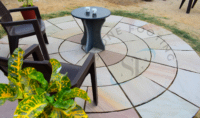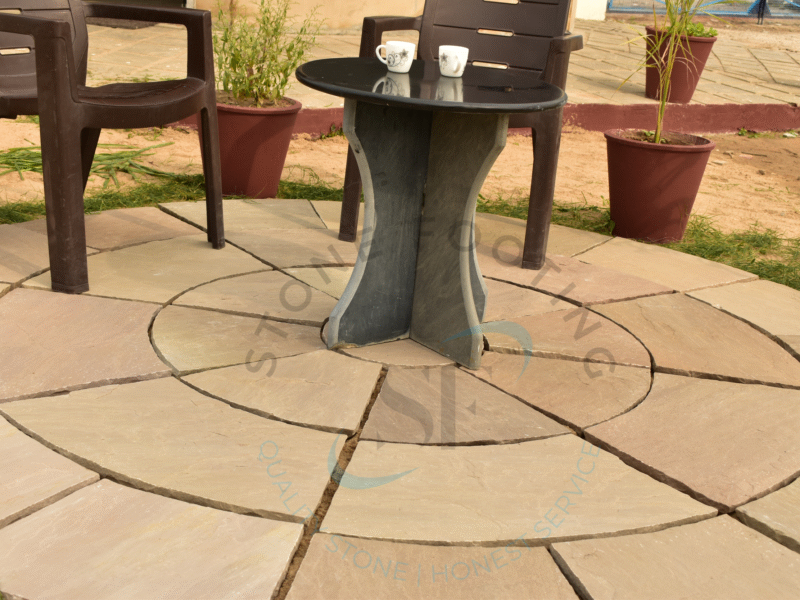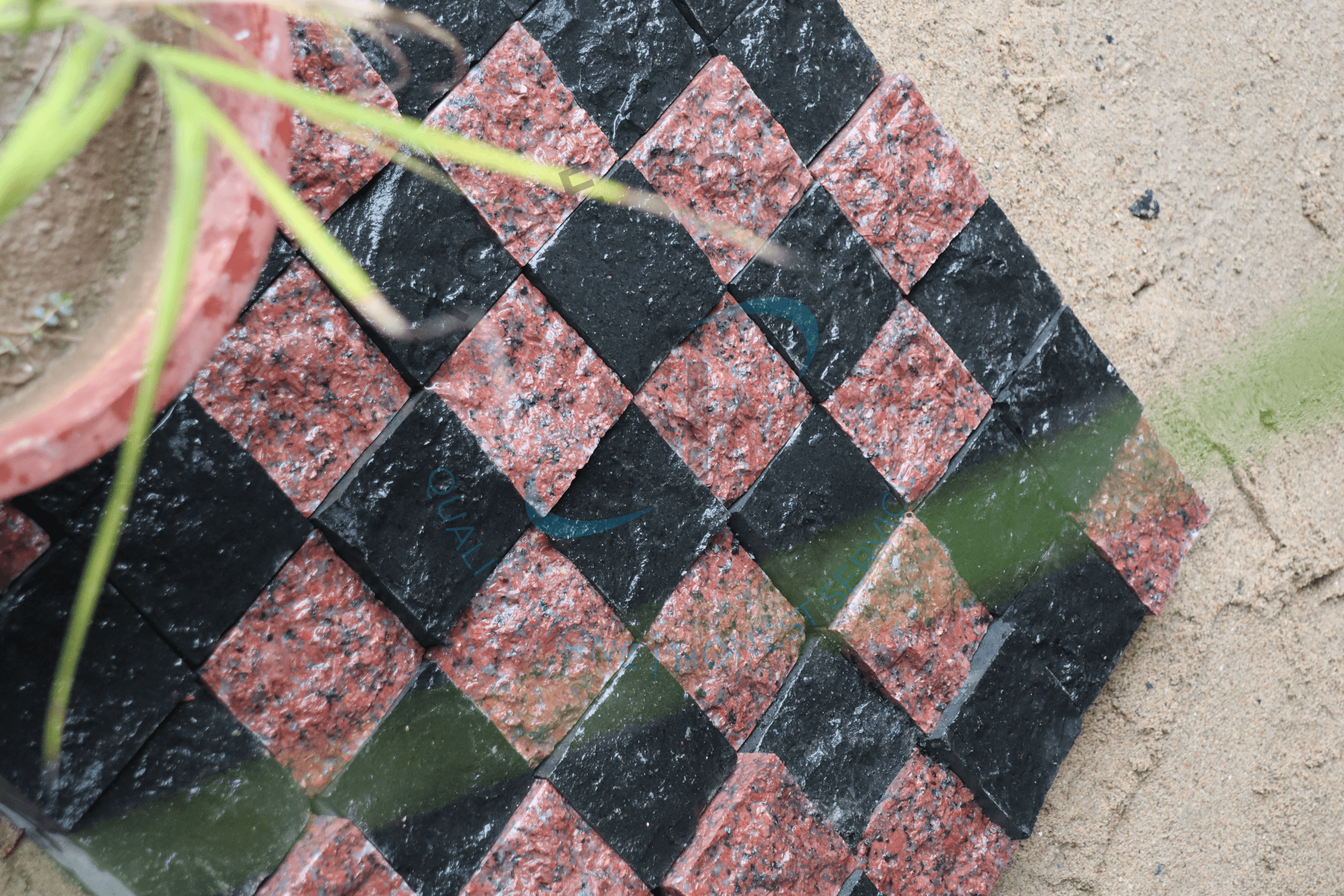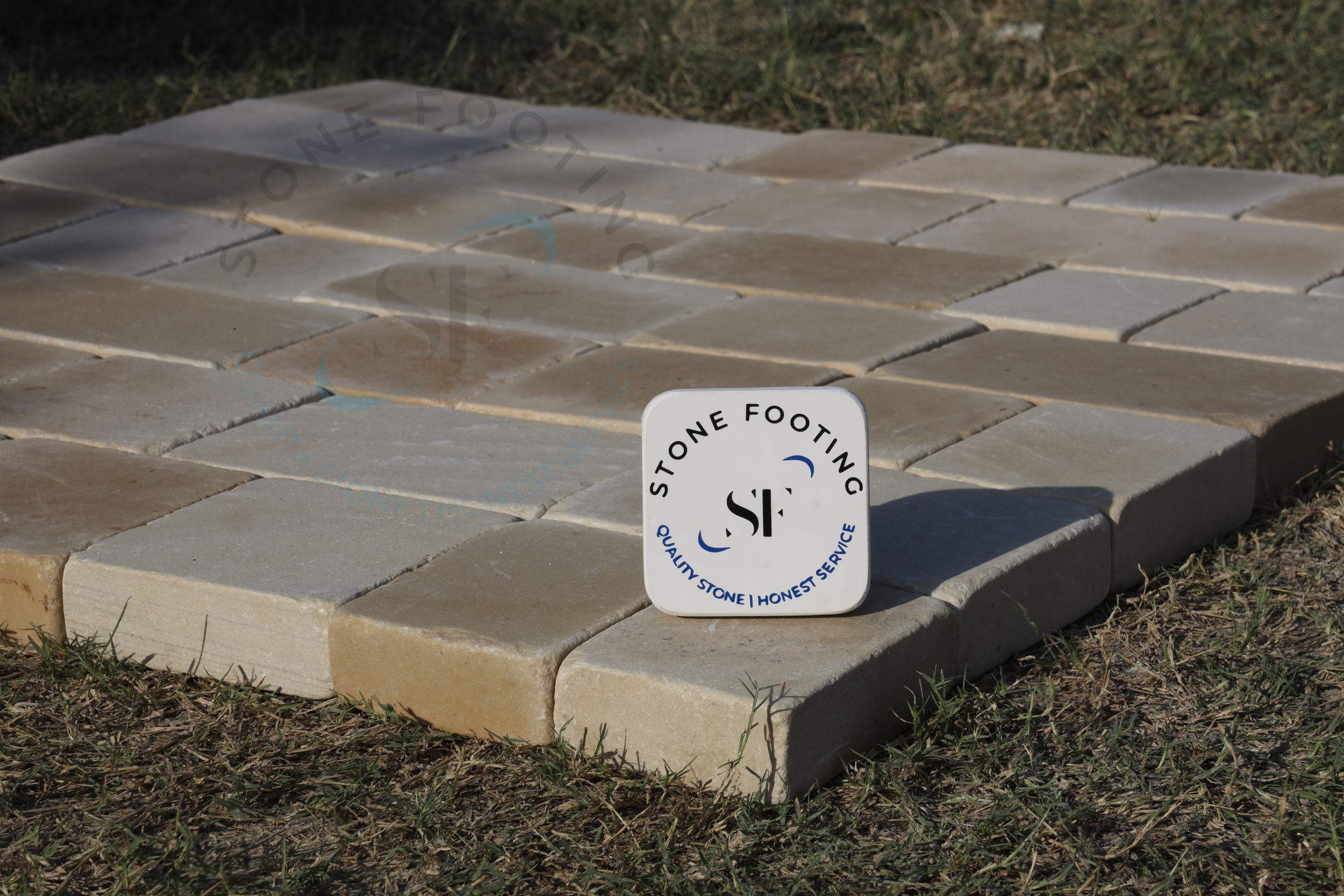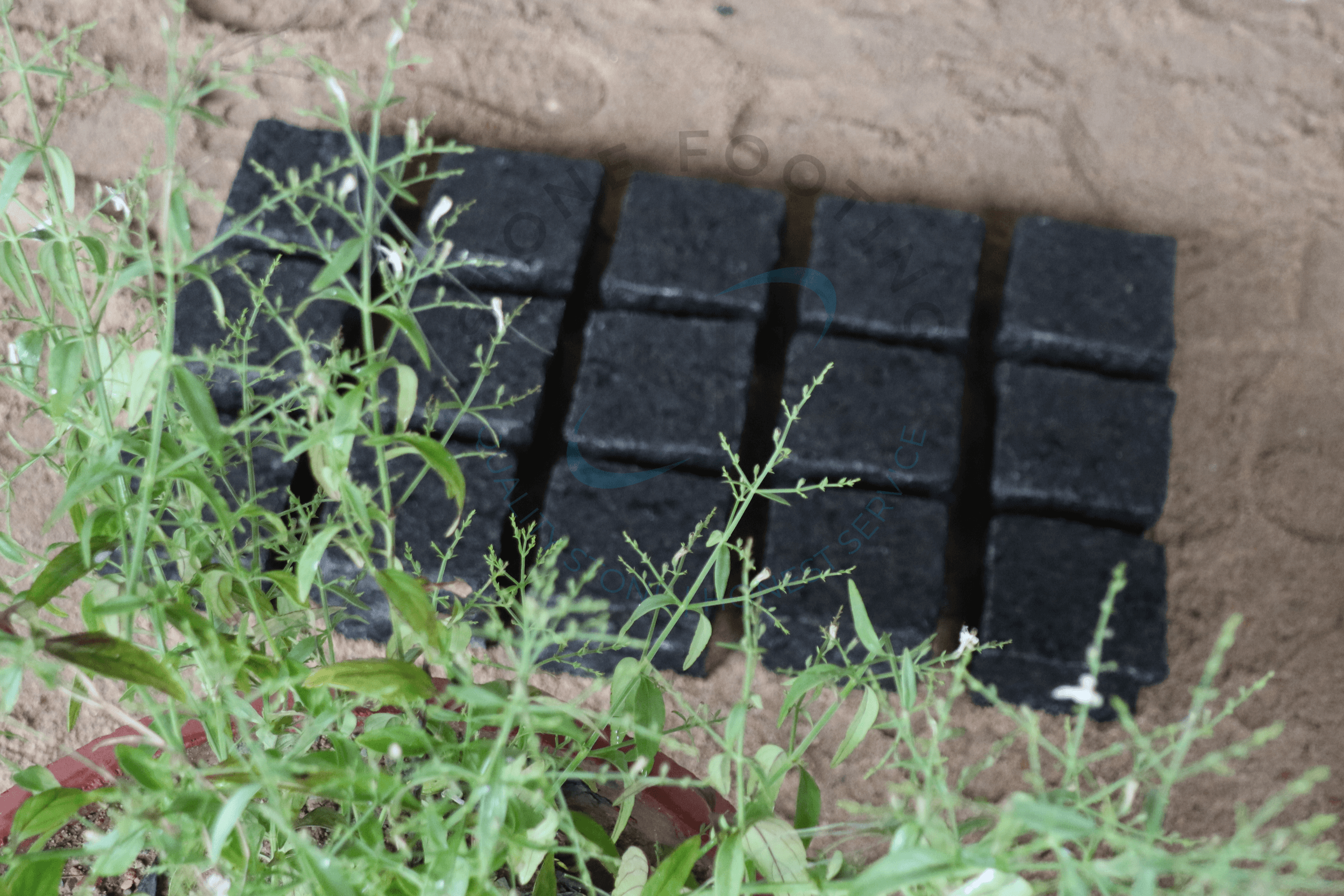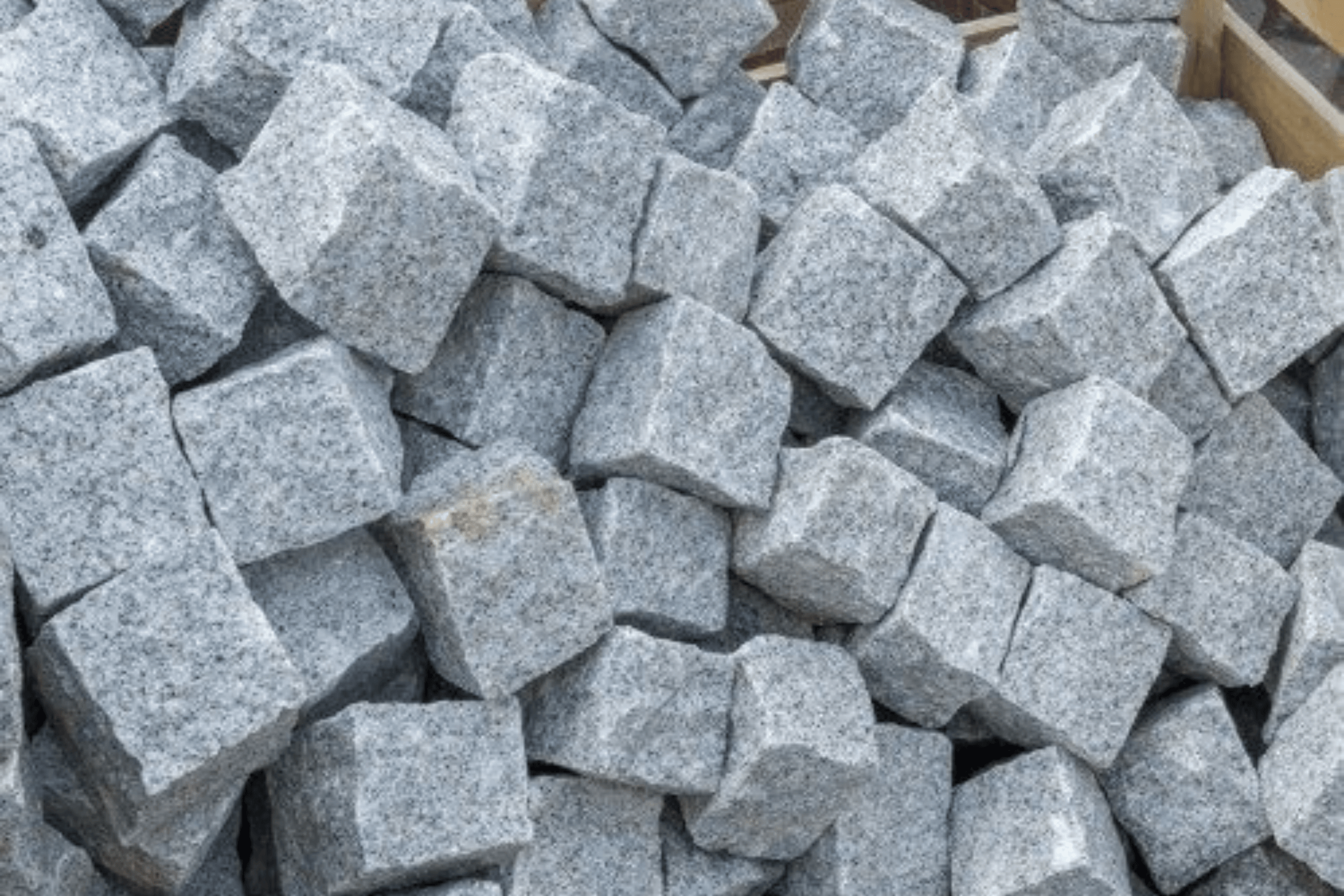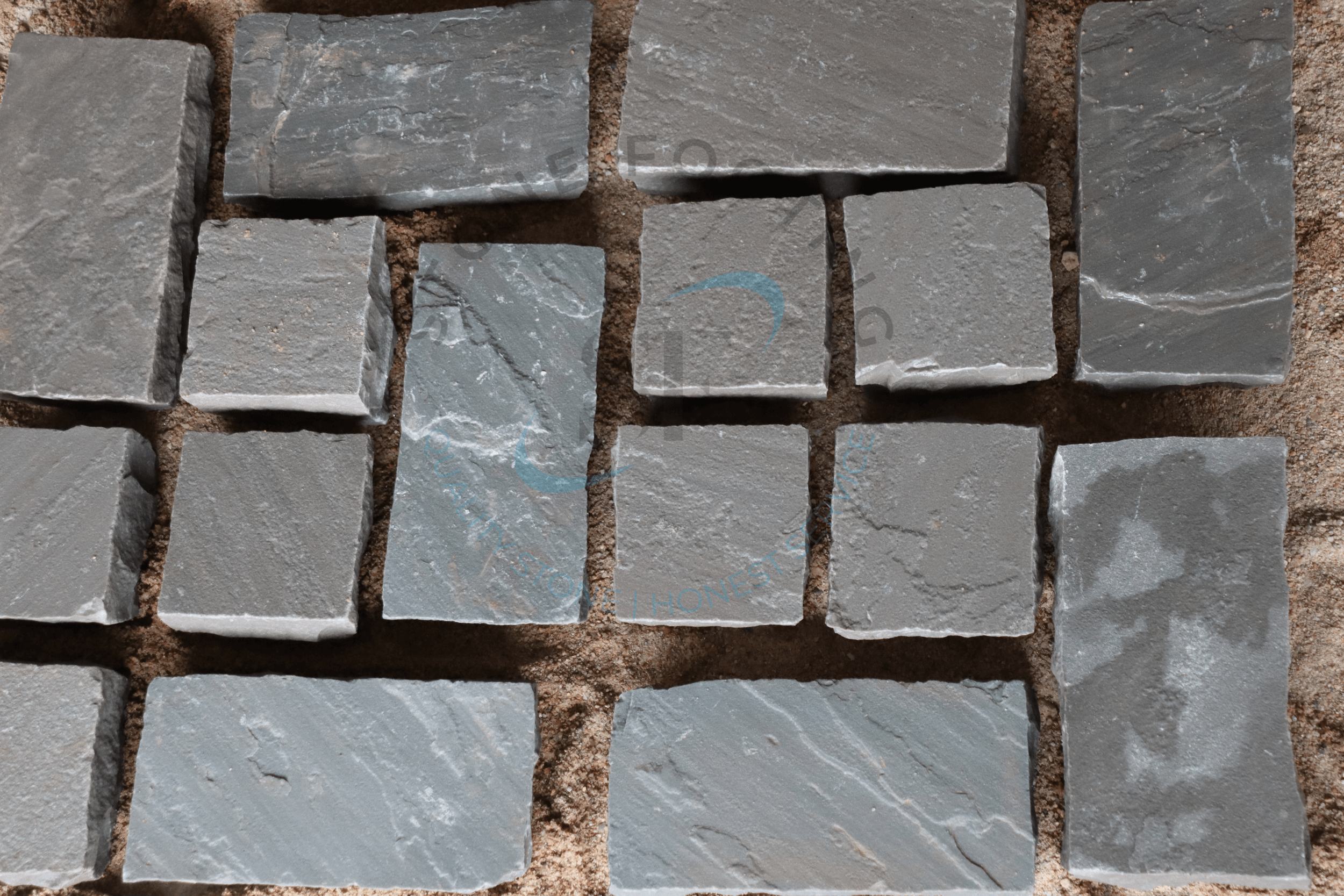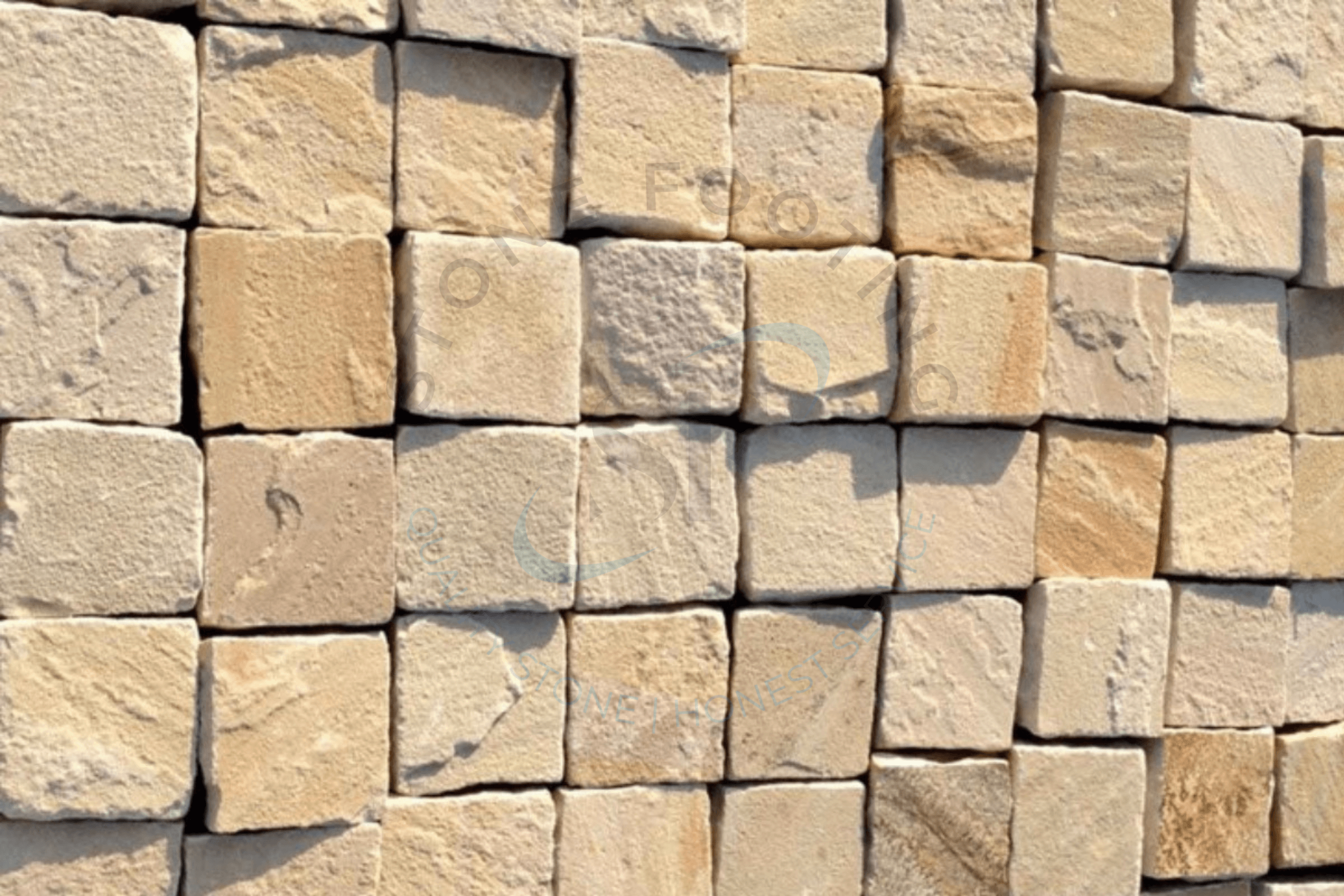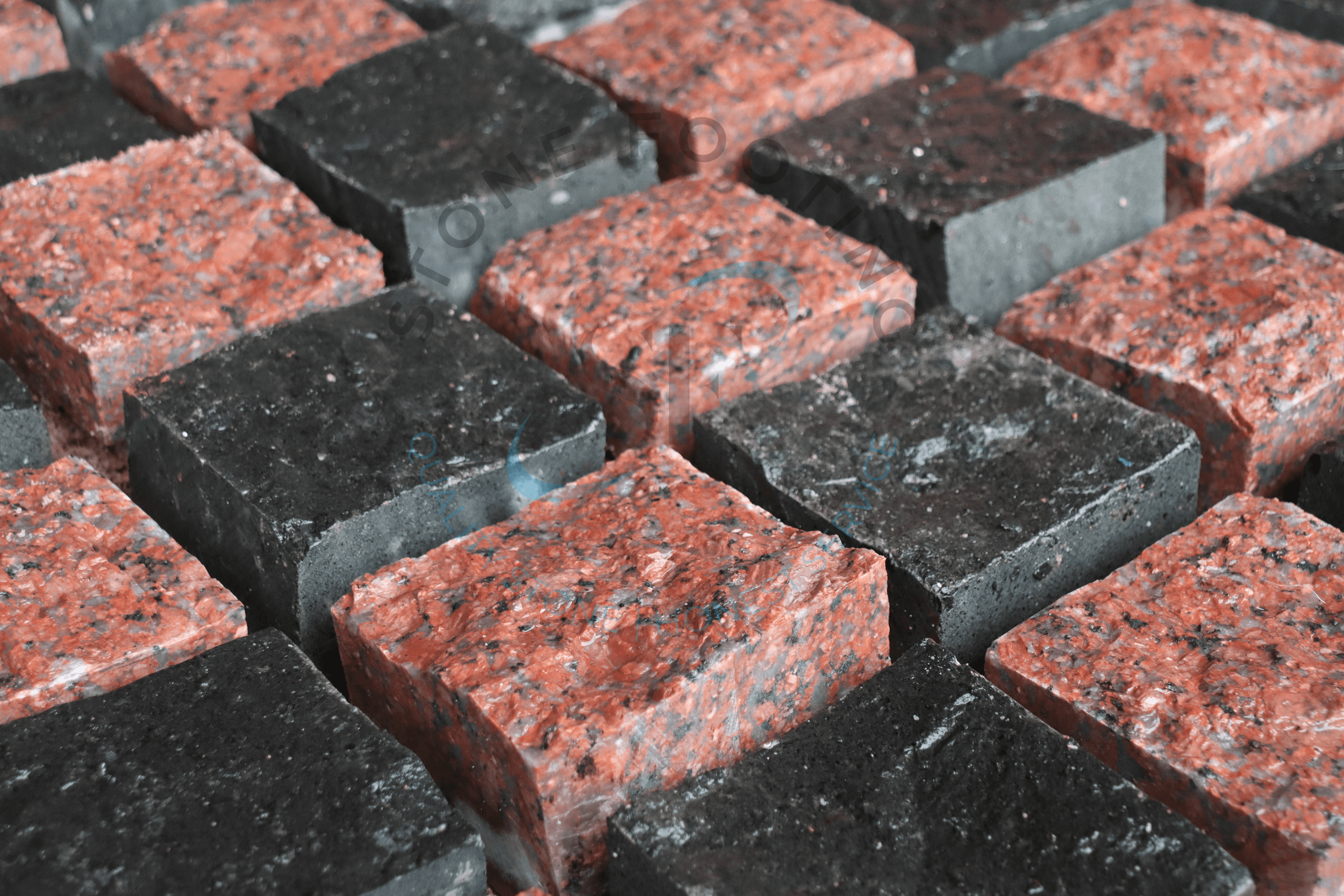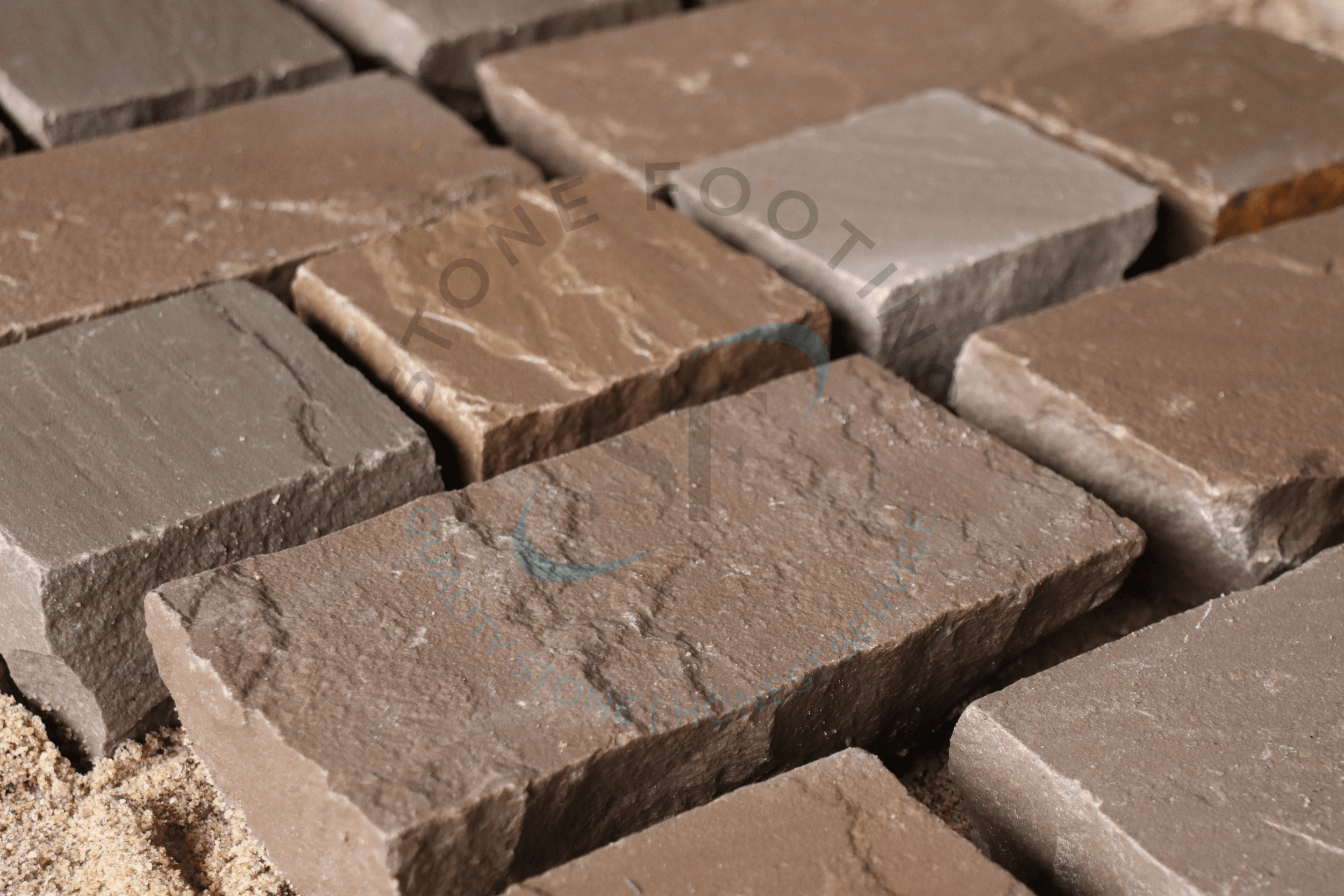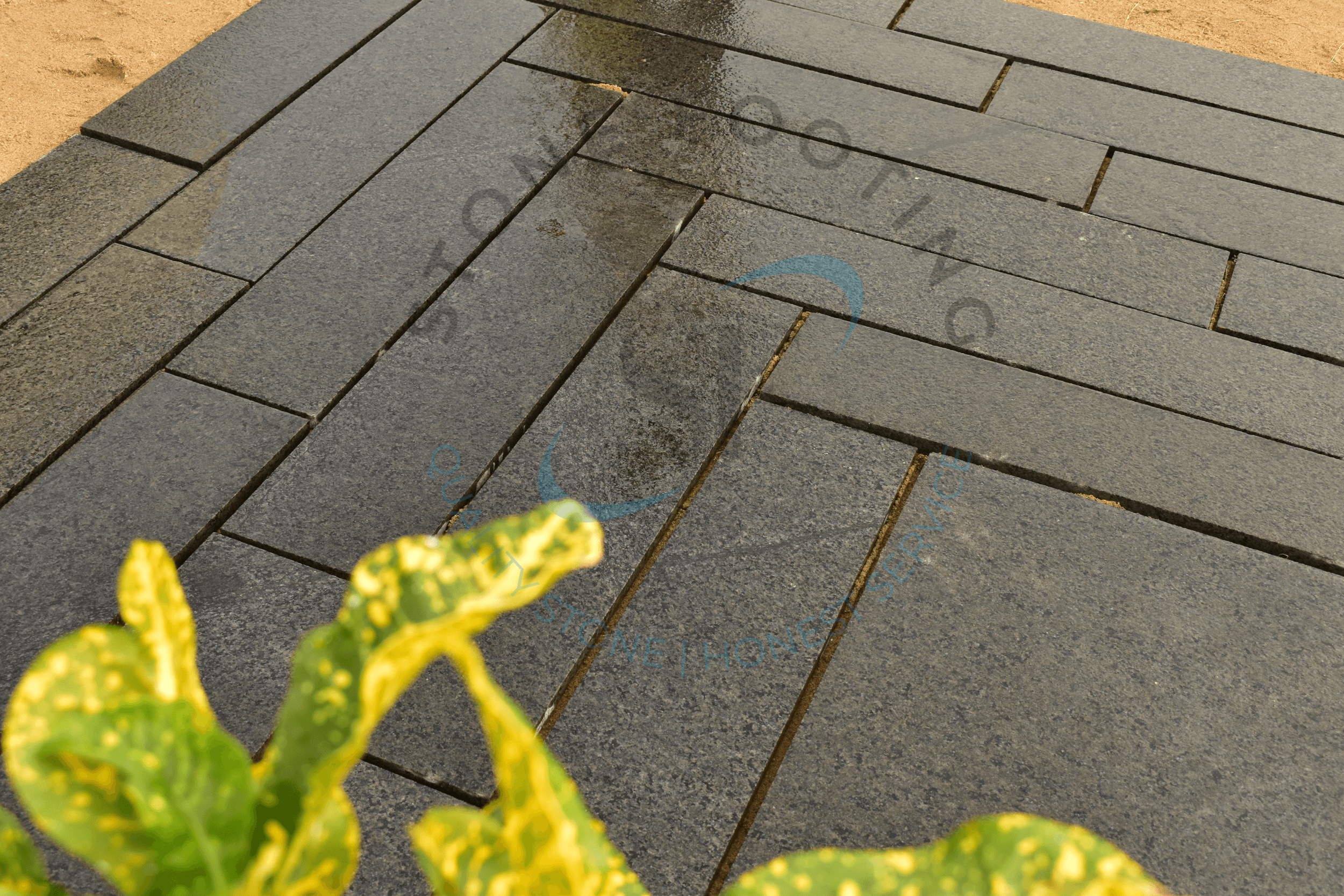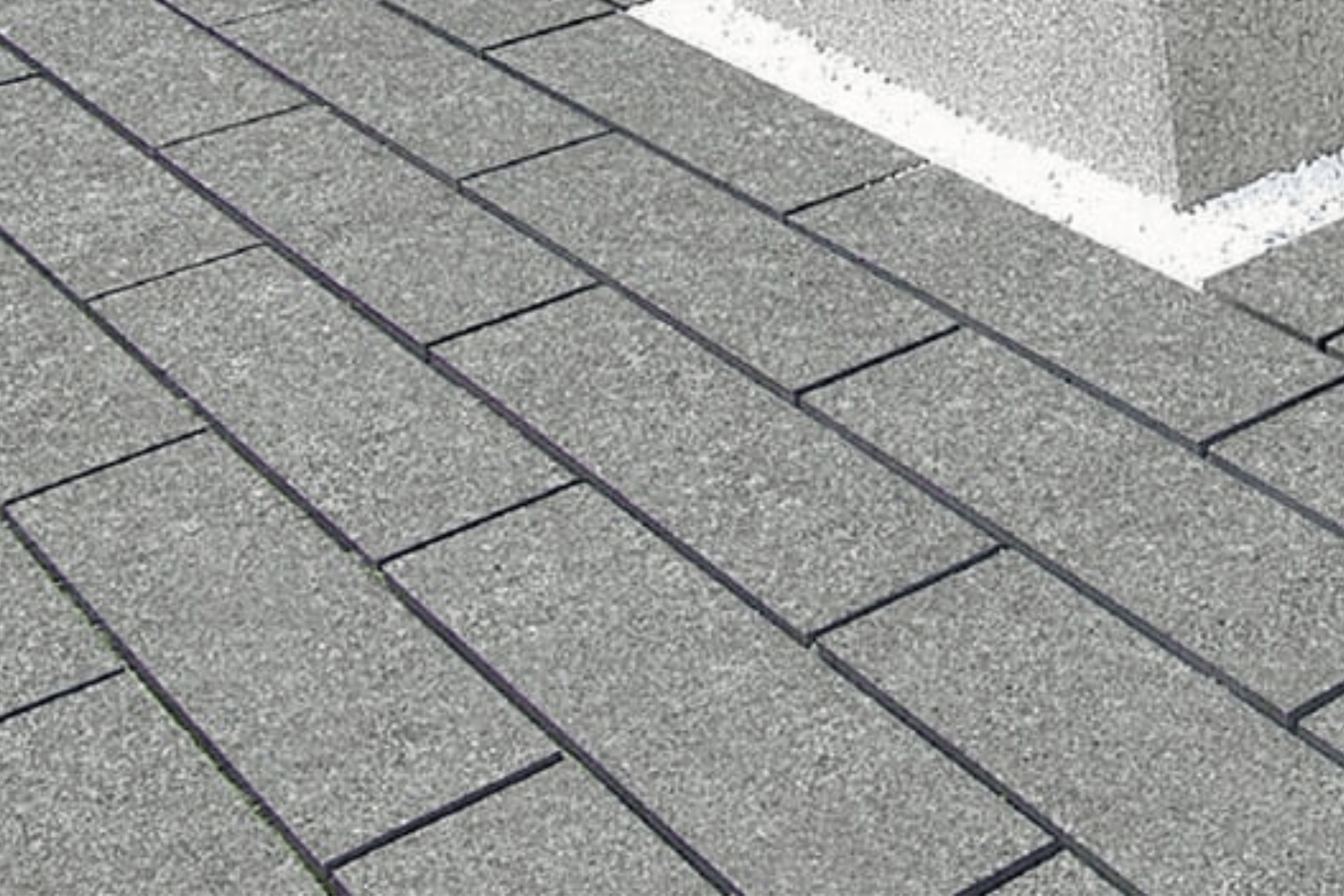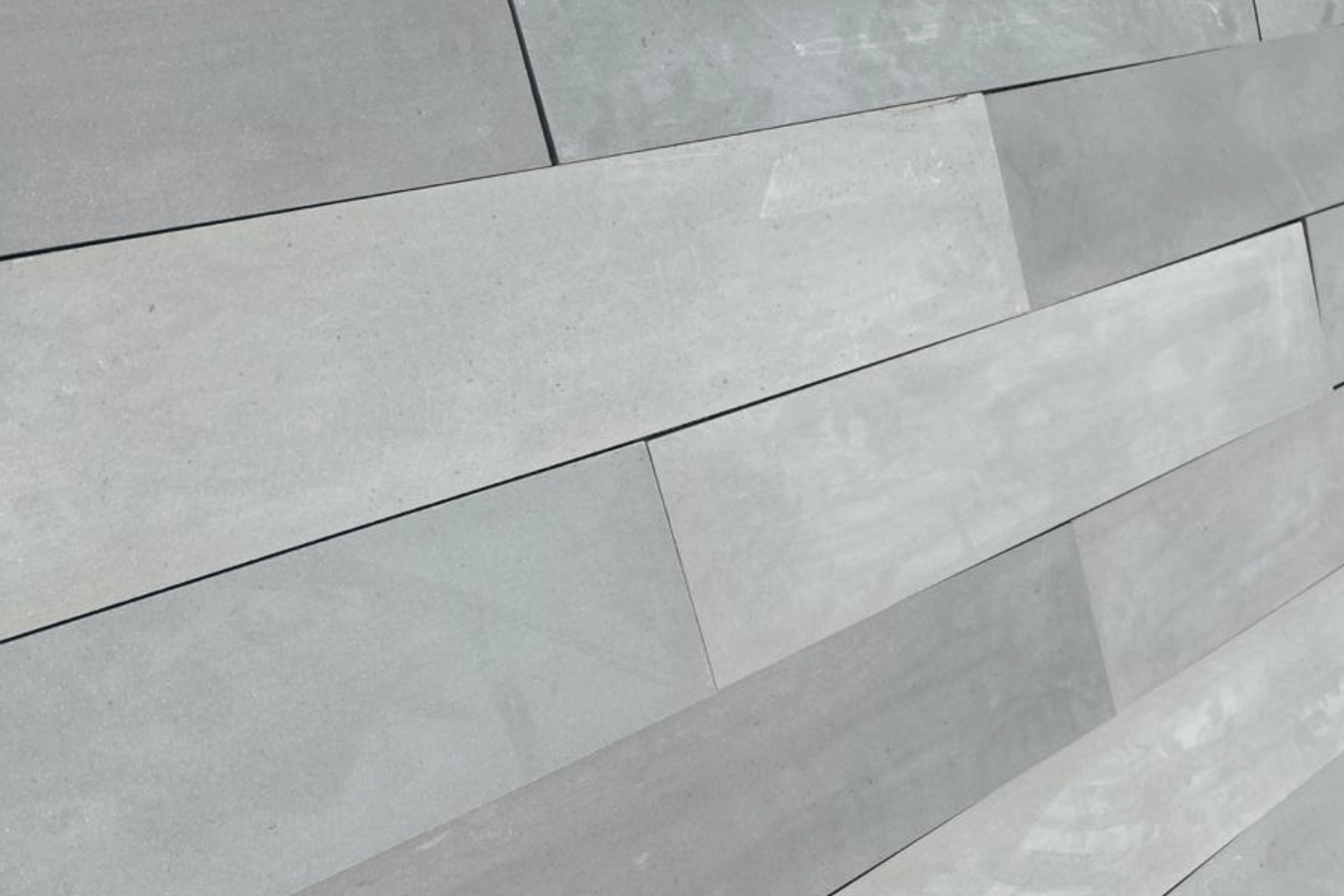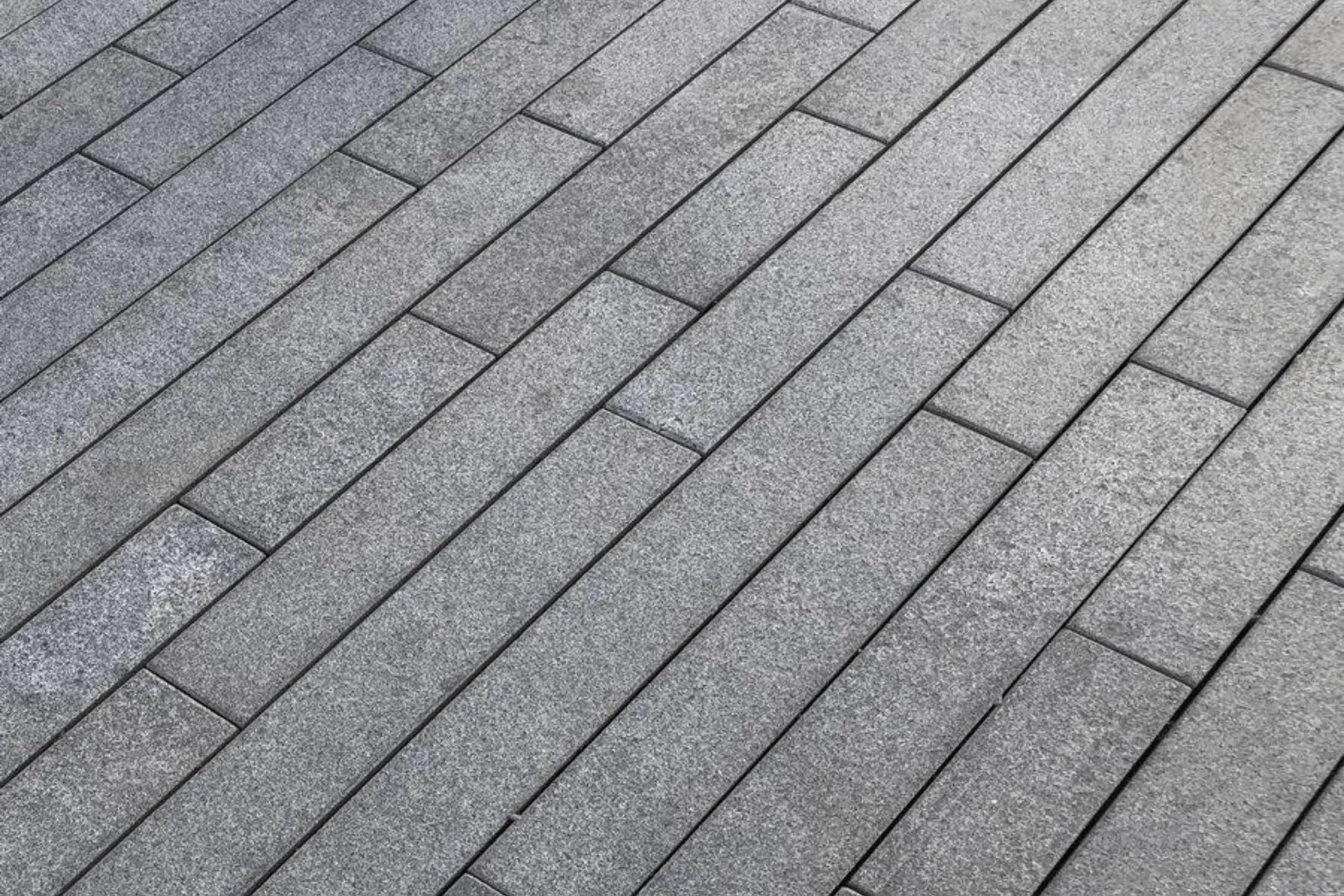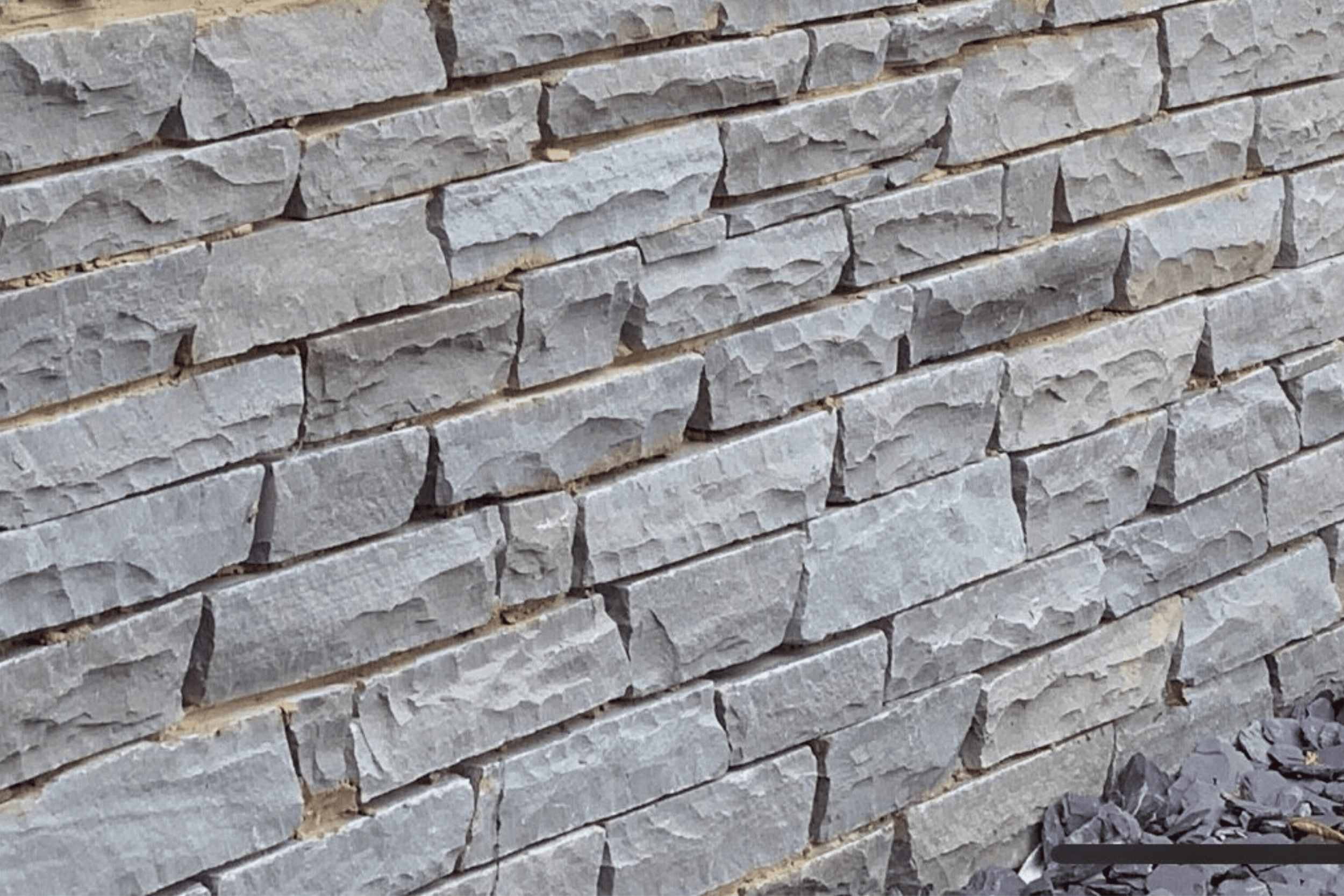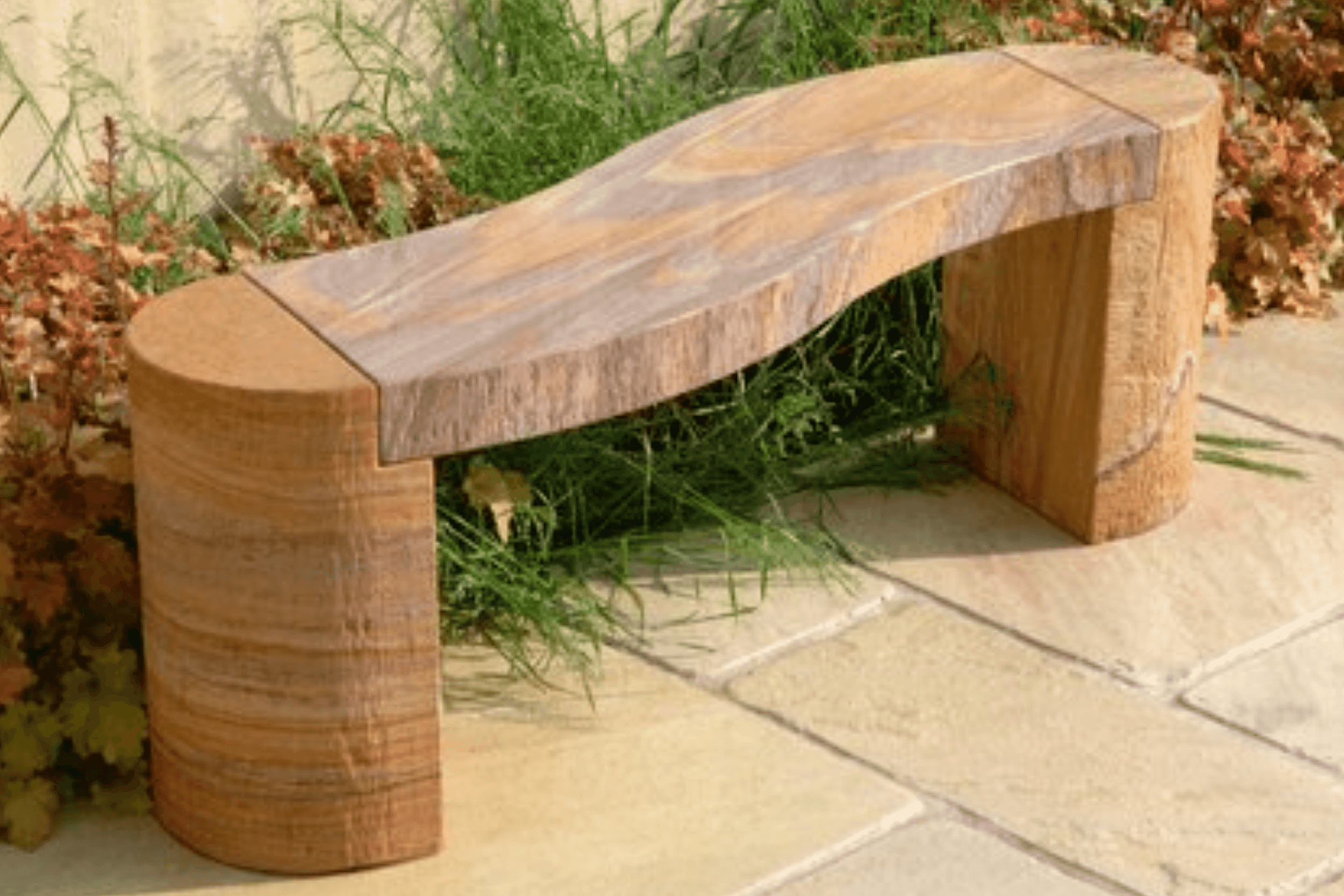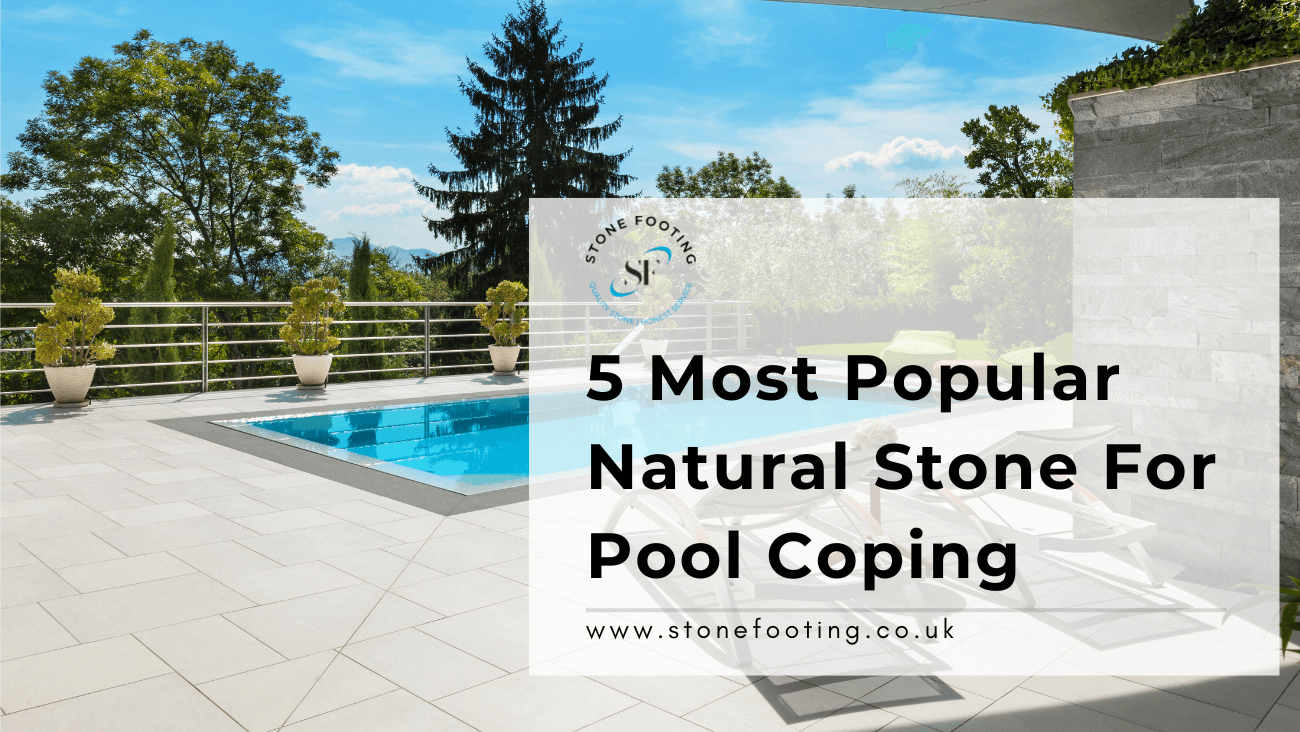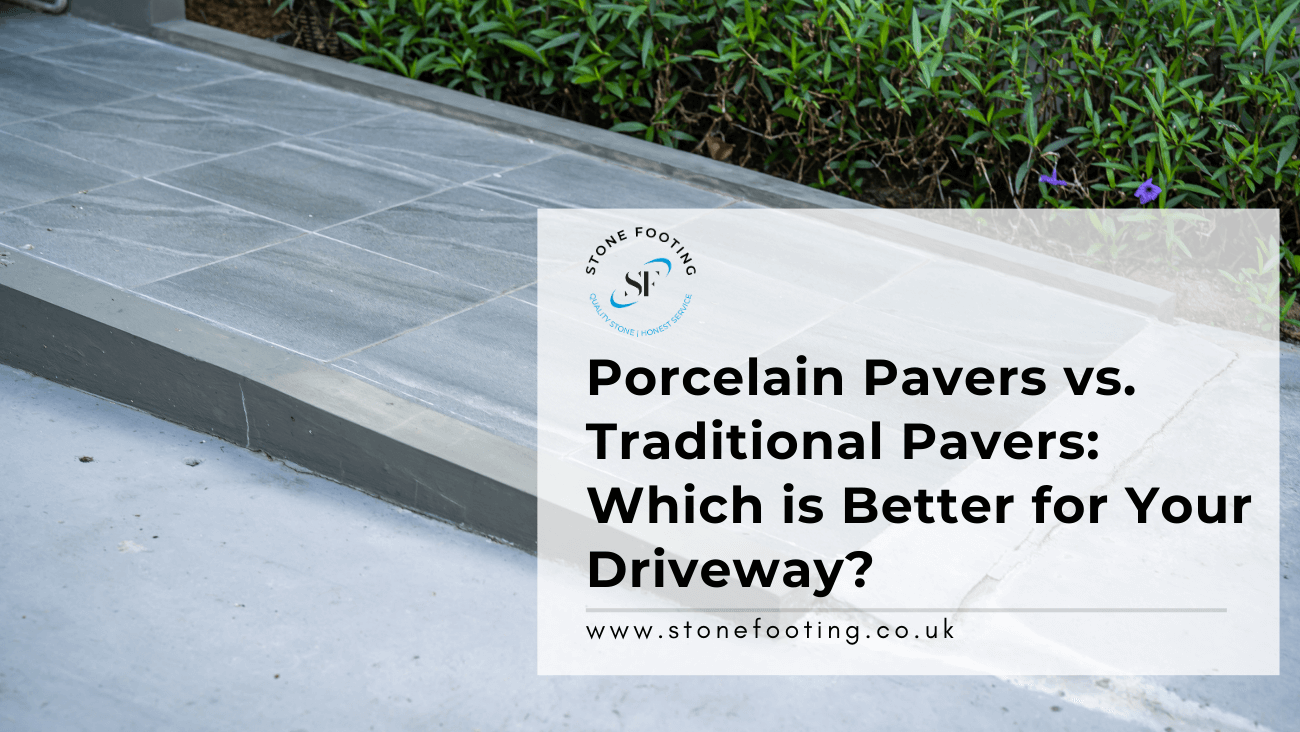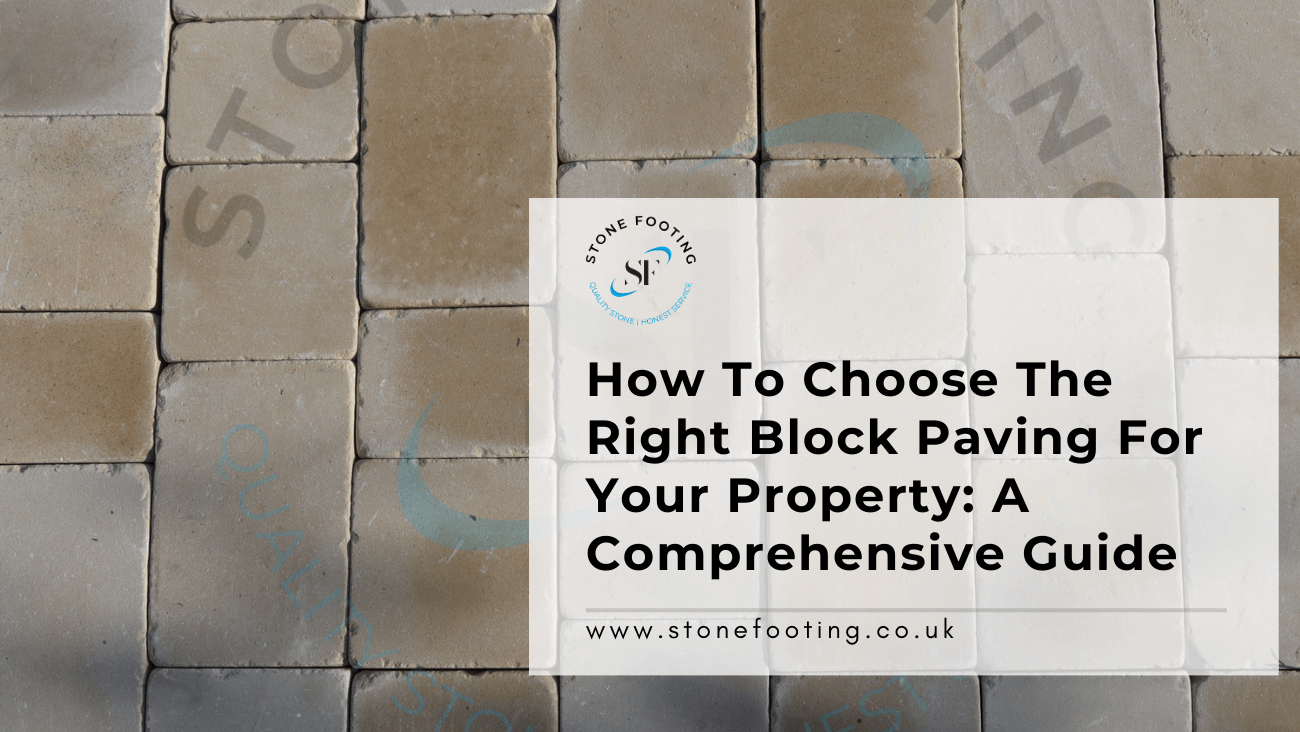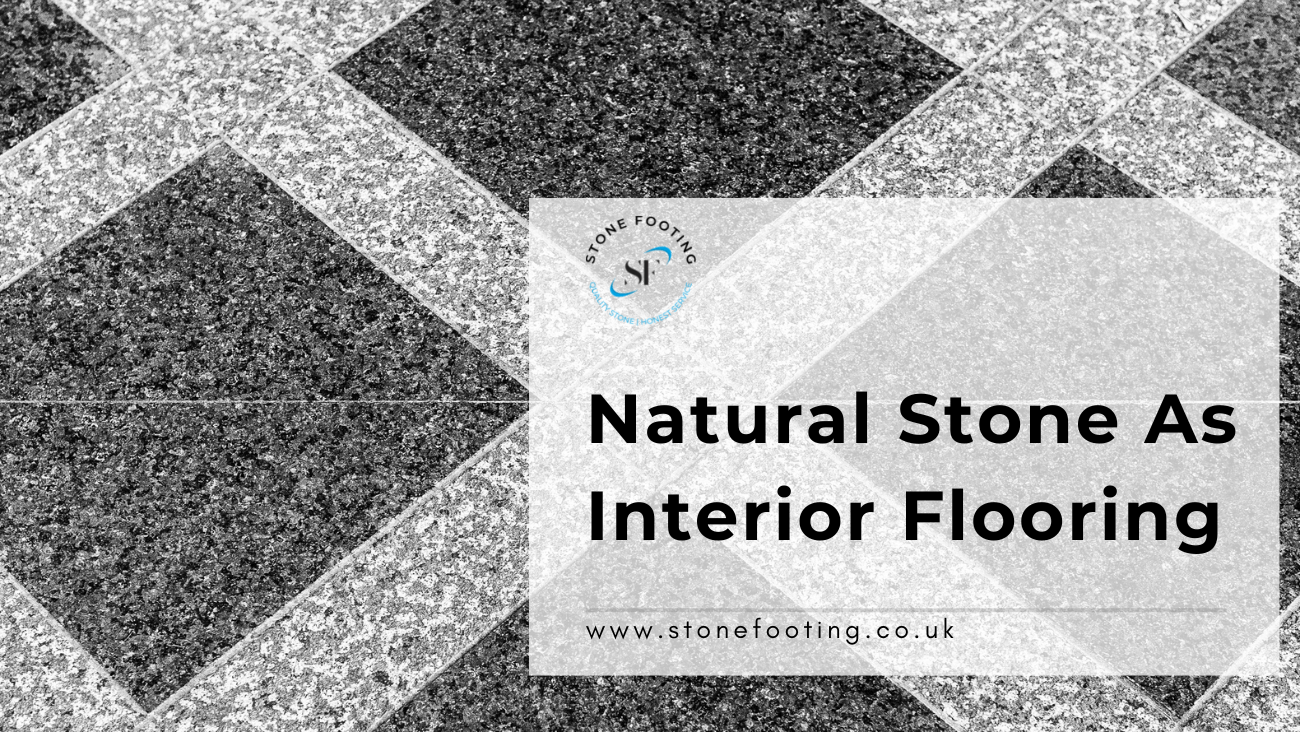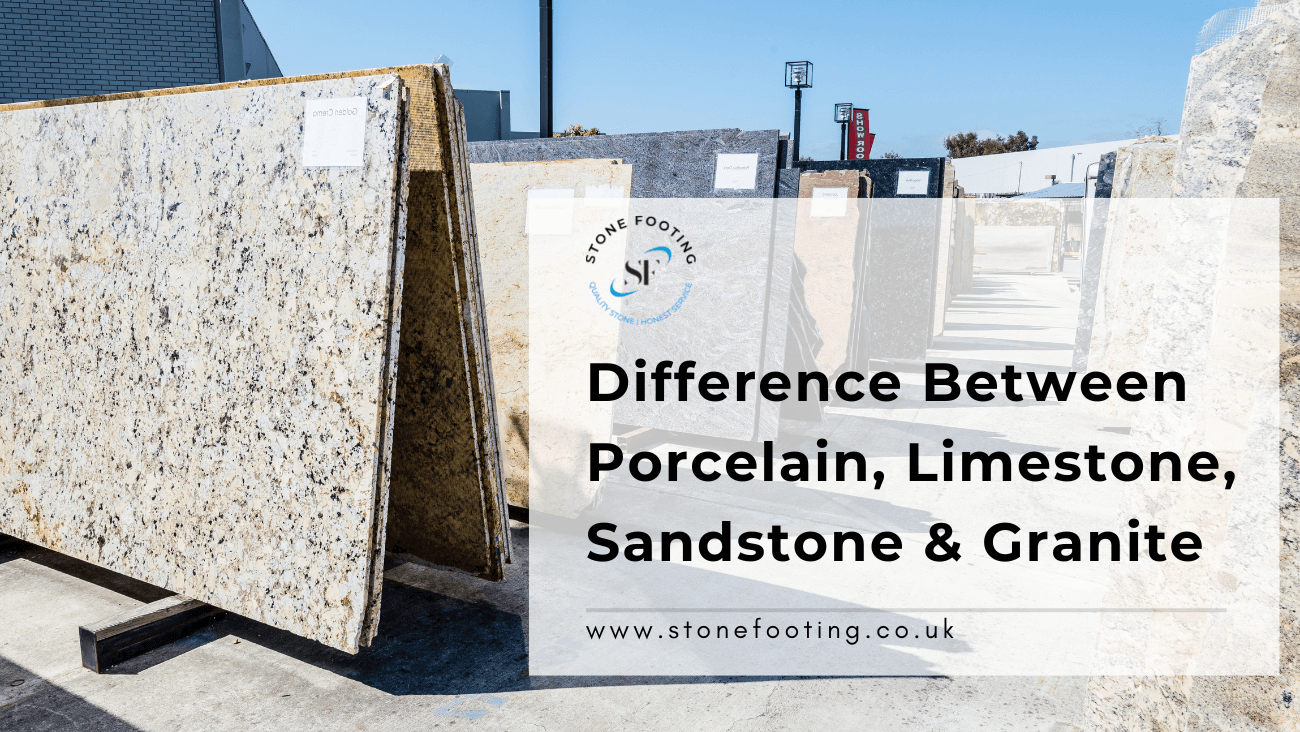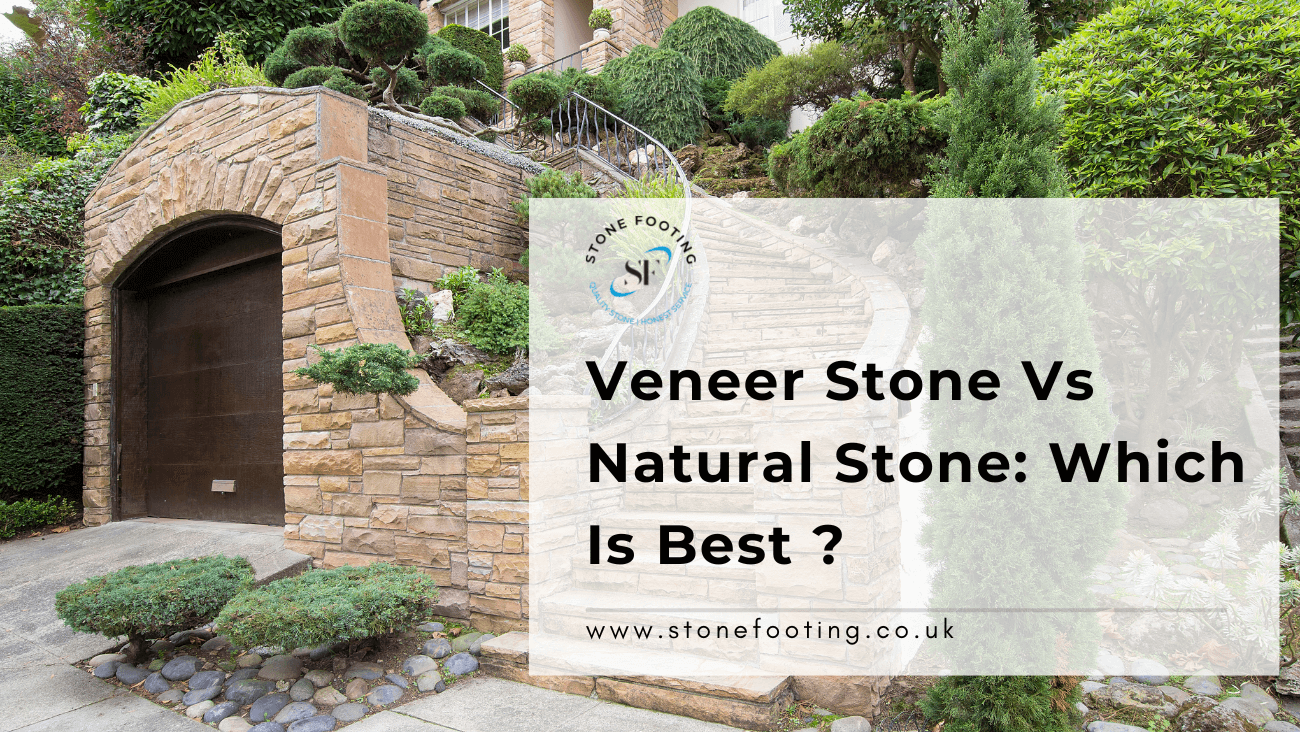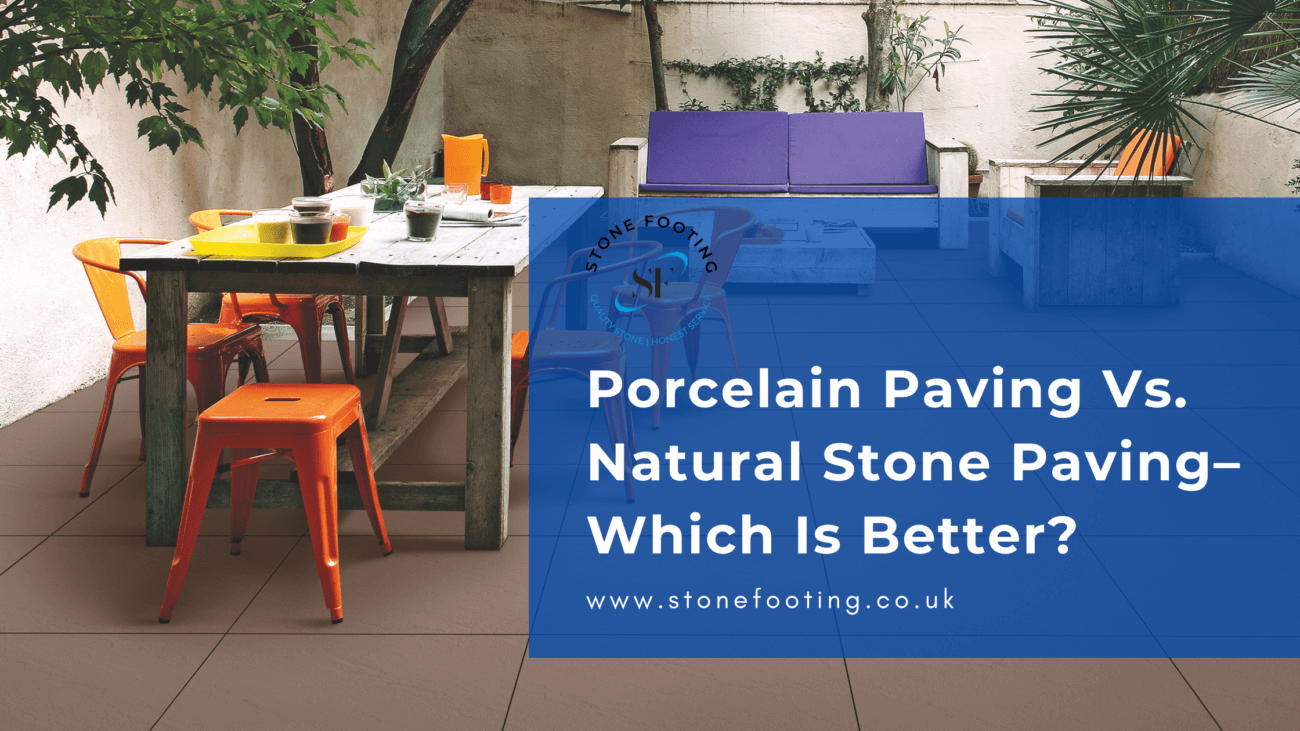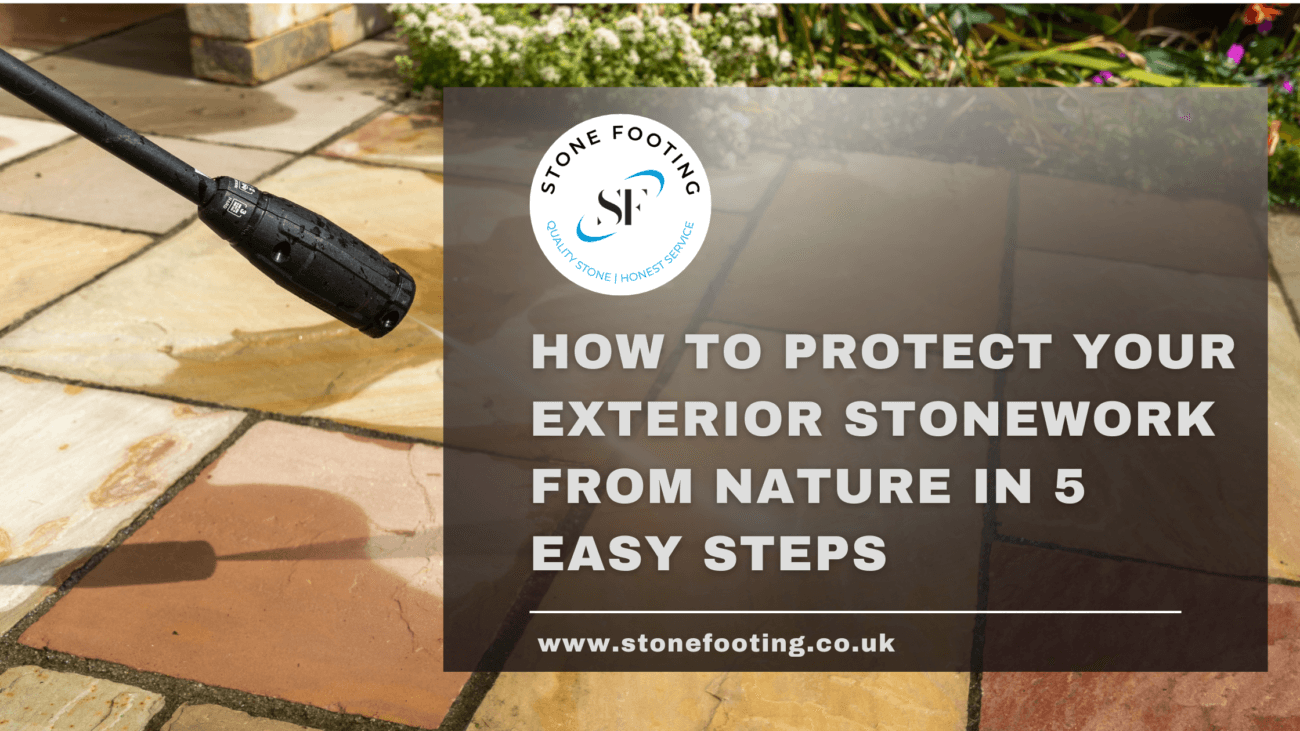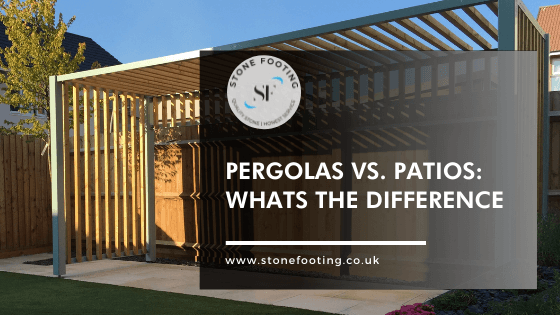Natural stone is a popular choice for pool coping because it is durable, attractive, and can add value to a home. Is Natural Stones For Pool Coping is good?
Natural stone can be a good choice for pool coping because it is durable, attractive, and adds value to a home. It is a long-lasting and low-maintenance option that can withstand the harsh conditions of a pool environment, including exposure to water, chemicals, and UV radiation. Natural stone is also a natural and attractive material that can enhance the look and feel of a pool area.
However, natural stone can also be more expensive than some other types of pool coping materials, such as concrete or brick. It may also require more maintenance and care to keep it looking its best, as it can be prone to staining and discoloration. Additionally, natural stone can be slippery when wet, so it is important to choose a type of stone with a rough or textured finish to reduce the risk of falls.
Overall, whether natural stone is a good choice for pool coping will depend on your specific needs and preferences. It is a good idea to consider the cost, durability, maintenance requirements, and aesthetic appeal of different types of pool coping materials before making a decision. Some common types of natural stone that are used for pool coping include:
Bluestone: Bluestone is a natural sandstone that is known for its durability and resistance to fading and staining. It is a popular choice for pool coping because of its non-slip surface and its ability to stay cool to the touch, even on hot days.
Limestone: Limestone is a sedimentary rock that is known for its natural beauty and durability. It is often used for pool coping because of its smooth, non-slip surface and its resistance to weathering and wear.
Granite: Granite is a hard, durable rock that is known for its strength and resistance to scratching and chipping. It is a popular choice for pool coping because of its durability and its ability to withstand the harsh conditions of a pool environment.
Sandstone: Sandstone is a sedimentary rock that is known for its natural beauty and durability. It is often used for pool coping because of its non-slip surface and its ability to stay cool to the touch, even on hot days.
Travertine: Travertine is a type of limestone that is known for its natural beauty and durability. It is often used for pool coping because of its smooth, non-slip surface and its resistance to weathering and wear. It is also available in a range of colors and styles, making it a versatile choice for pool coping.
What factors need to consider while choosing natural stone for pool coping?
Durability: Look for a stone that is resistant to weathering, fading, and staining. Natural stone options like granite, bluestone, and limestone are known for their durability and resistance to wear.
Slip resistance: A non-slip surface is important for pool coping to ensure that people walking around the pool area do not slip and fall. Look for a stone with a rough or textured surface to provide better traction.
Cool to the touch: Some natural stones, like bluestone and sandstone, stay cool to the touch even on hot days. This can be a nice feature to have around the pool, especially if you live in a warm climate.
Color and style: Choose a stone that complements the overall design and color scheme of your pool and landscape. Natural stone options like granite, bluestone, and limestone are available in a range of colors and styles, making it easy to find a option that fits your aesthetic.
Maintenance: Consider the maintenance required for different types of stone. Some natural stones, like granite and bluestone, are more low-maintenance than others.
It may be helpful to consult with a local stone supplier or landscape designer to determine the best option for your specific needs and budget.
Is natural stone affordable option for pool coping?
Natural stone can be a more expensive option for pool coping compared to some other materials, such as concrete or brick. The cost of natural stone for pool coping will depend on a variety of factors, including the type of stone, the availability of the material, and the size and complexity of the project. Some types of natural stone, such as granite or marble, can be particularly expensive due to their rarity and the cost of extraction and processing.
That being said, natural stone can also be a cost-effective option in the long run because it is a durable and low-maintenance material that can withstand the harsh conditions of a pool environment. It is also an attractive material that can add value to a home and enhance the look and feel of a pool area.
If you are considering natural stone for pool coping, it is a good idea to compare the costs of different types of stone and other materials to determine the best option for your budget and needs. You should also consider the maintenance and repair costs associated with different materials, as these can impact the overall cost of the project. Don’t just pick any natural stone for your pool coping; ask for Stone Footing, the leading wholesaler of natural stone in various finishes at the best prices!
Frequently Asked Questions
Q. What material is best for pool coping?
There is no one “best” material for pool coping, as the best choice will depend on your specific needs and preferences. It is a good idea to consider the cost, durability, maintenance requirements, and aesthetic appeal of different materials before making a decision.
Q. Should natural stone pool coping be sealed?
It is generally not necessary to seal natural stone pool coping, as most types of natural stone are resistant to water and stains. However, sealing natural stone can provide an extra layer of protection and help to preserve the color and appearance of the stone. Sealing can also help to prevent the growth of algae and other contaminants on the surface of the stone.
Q. Should pool coping be lighter or darker?
The color of your pool coping should be a matter of personal preference and should be chosen to complement the overall design of your pool and landscaping. Some people prefer lighter-colored pool coping because it reflects light and can make the pool area feel brighter and more open. Others prefer darker-colored pool coping because it creates a more dramatic and sophisticated look.

